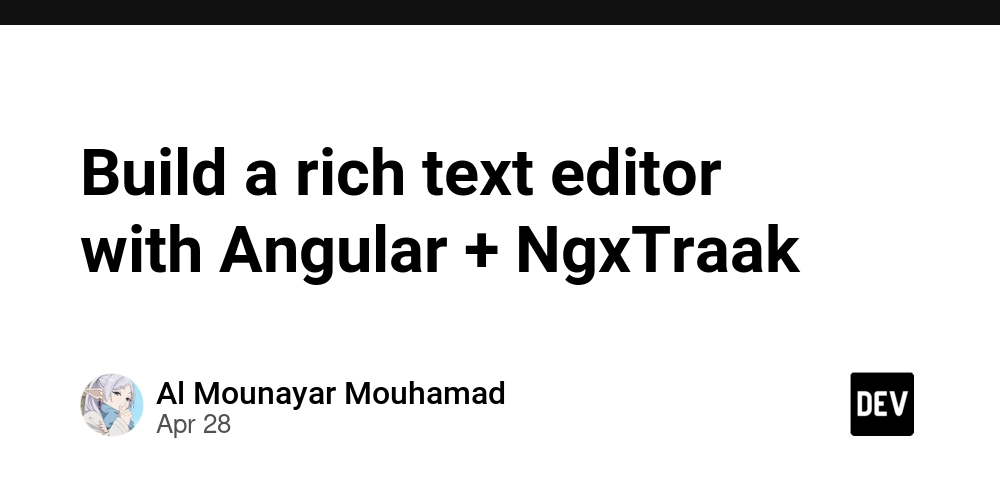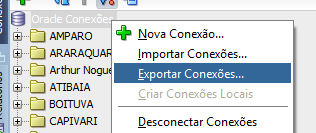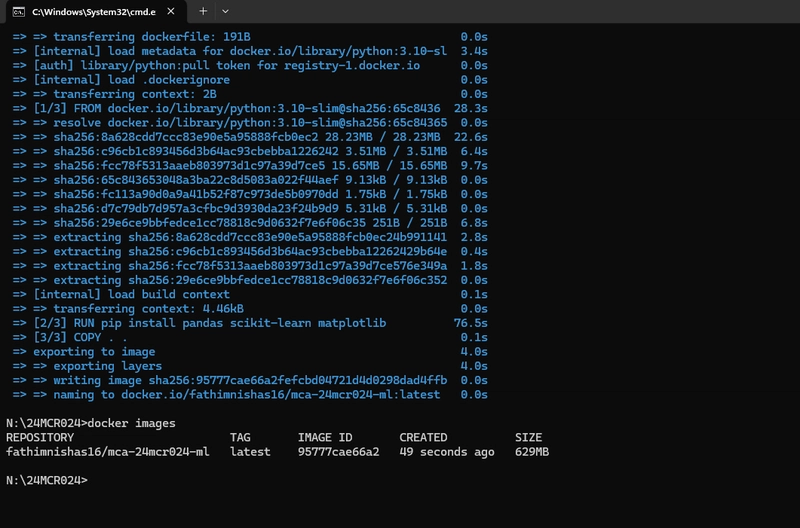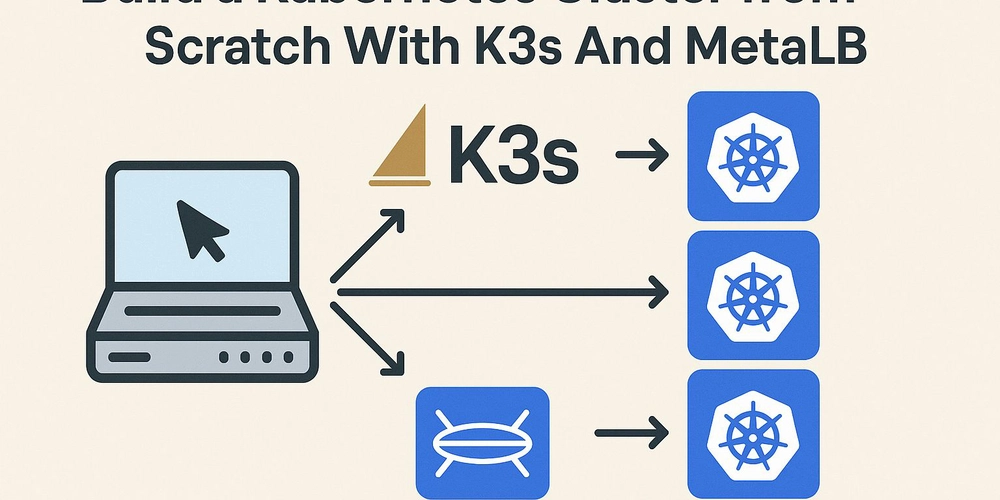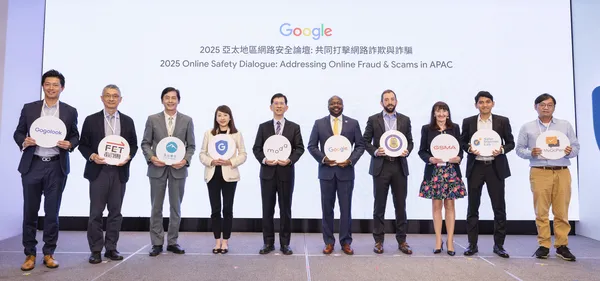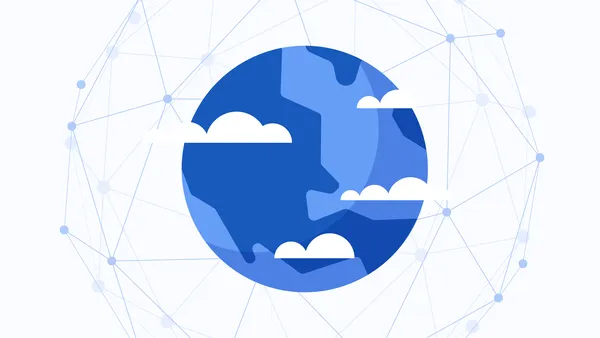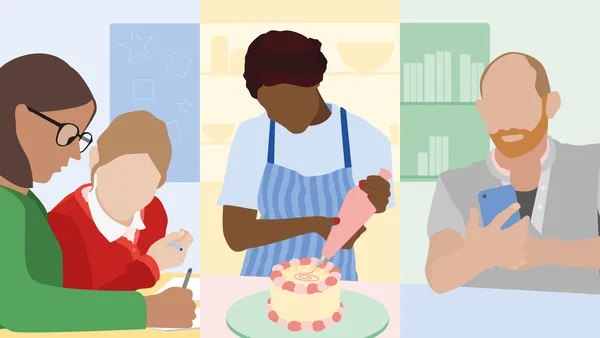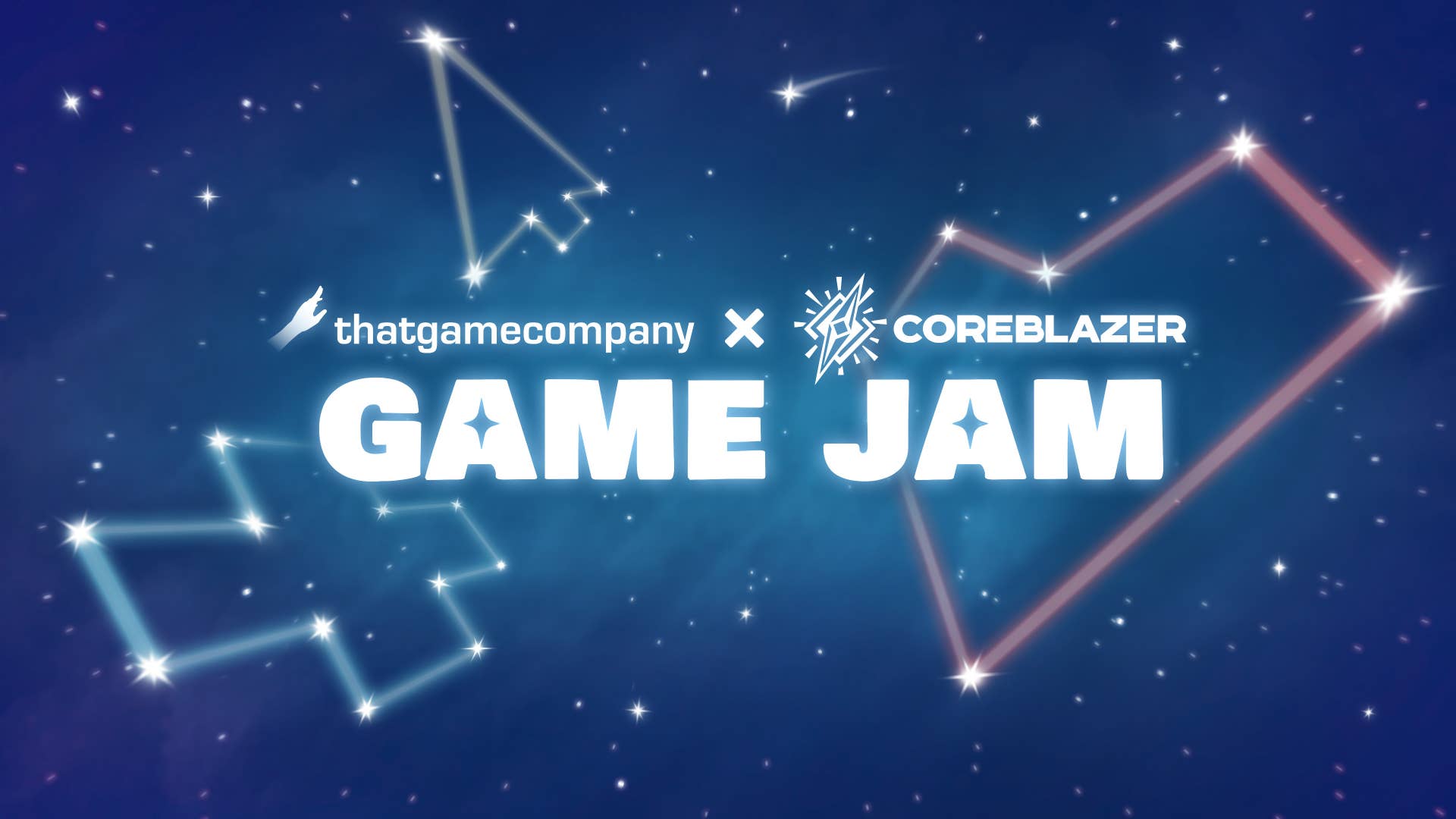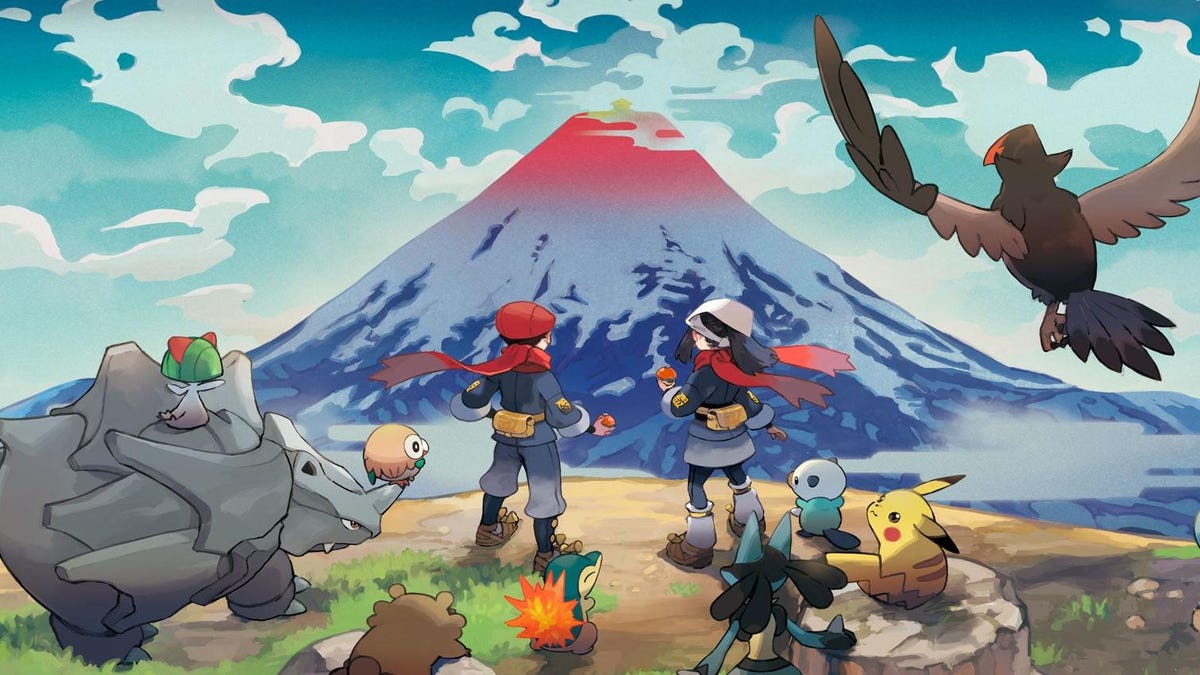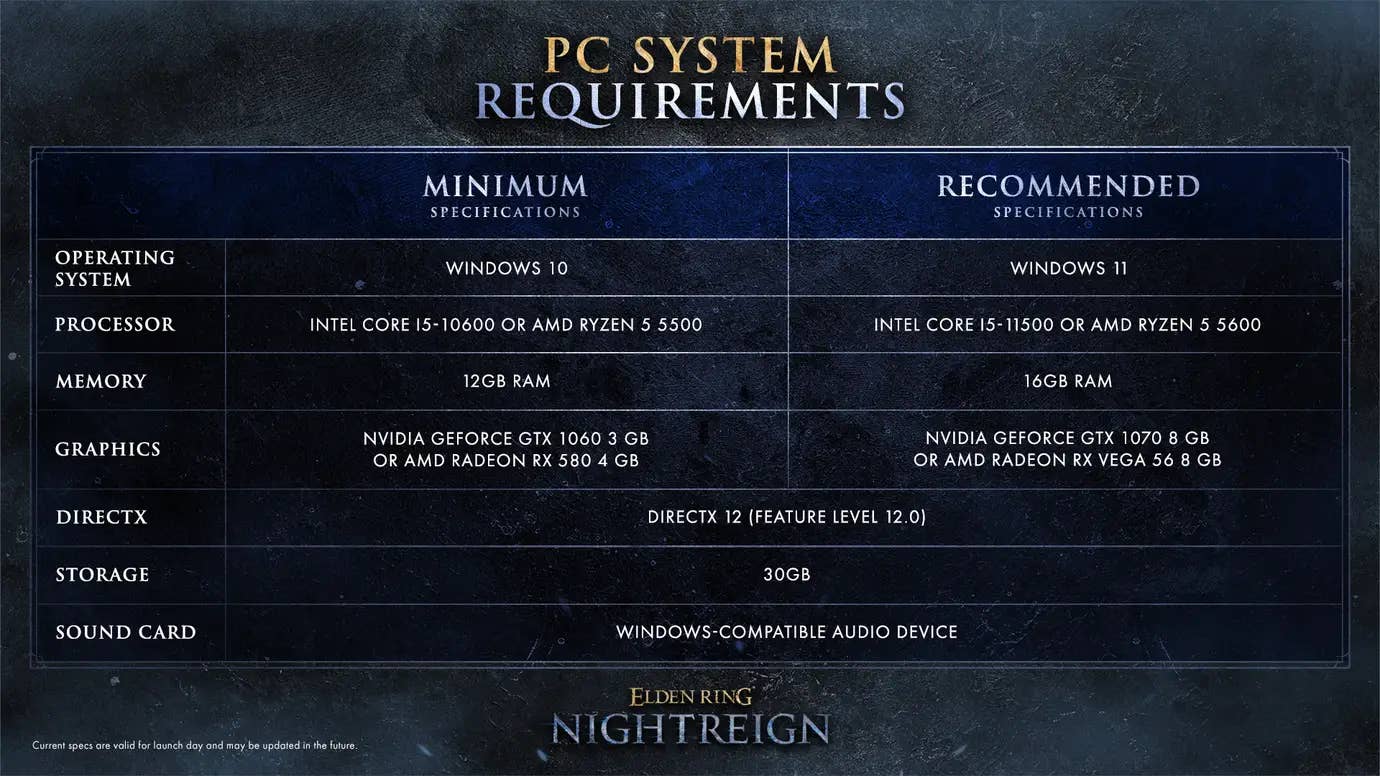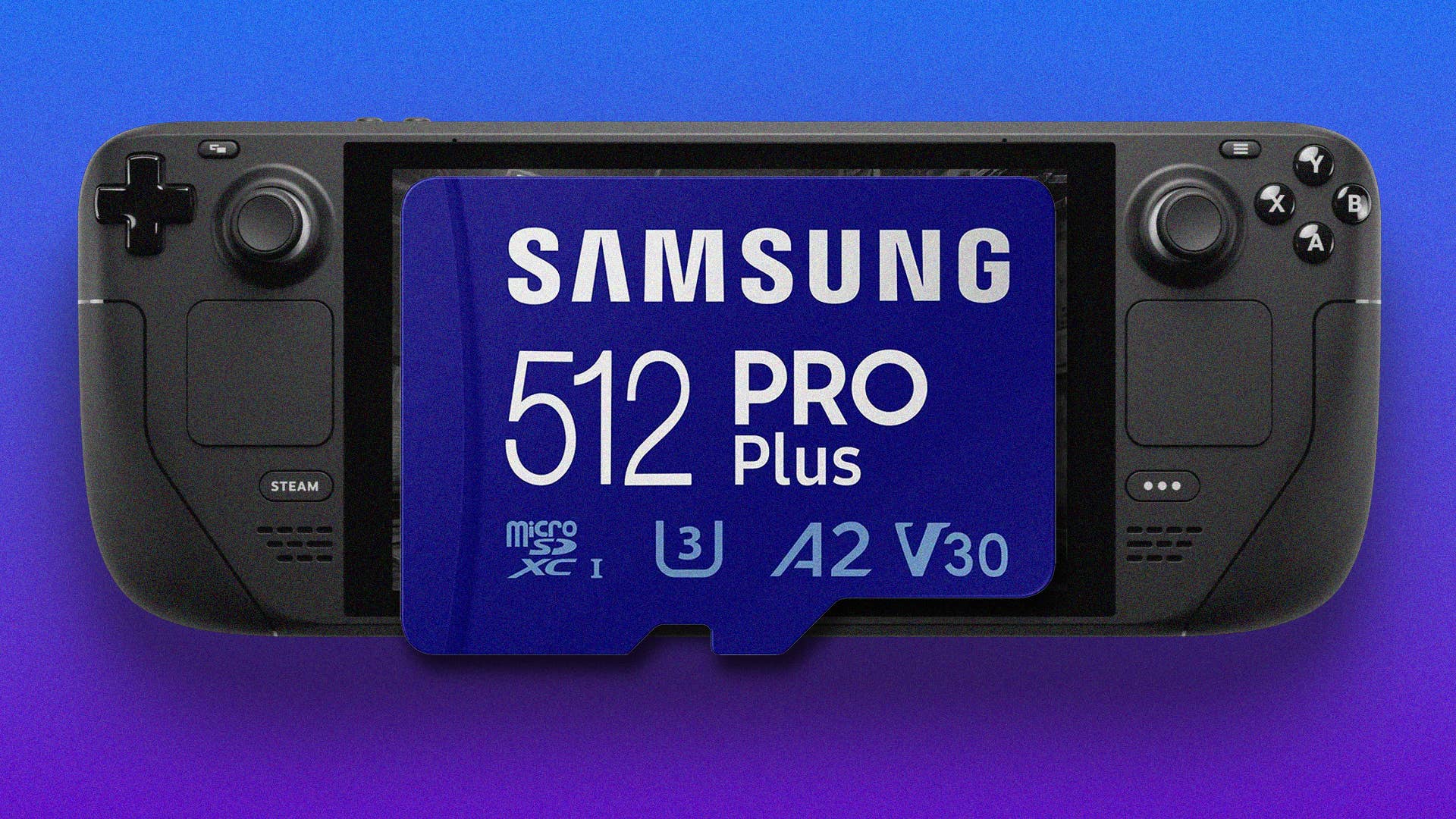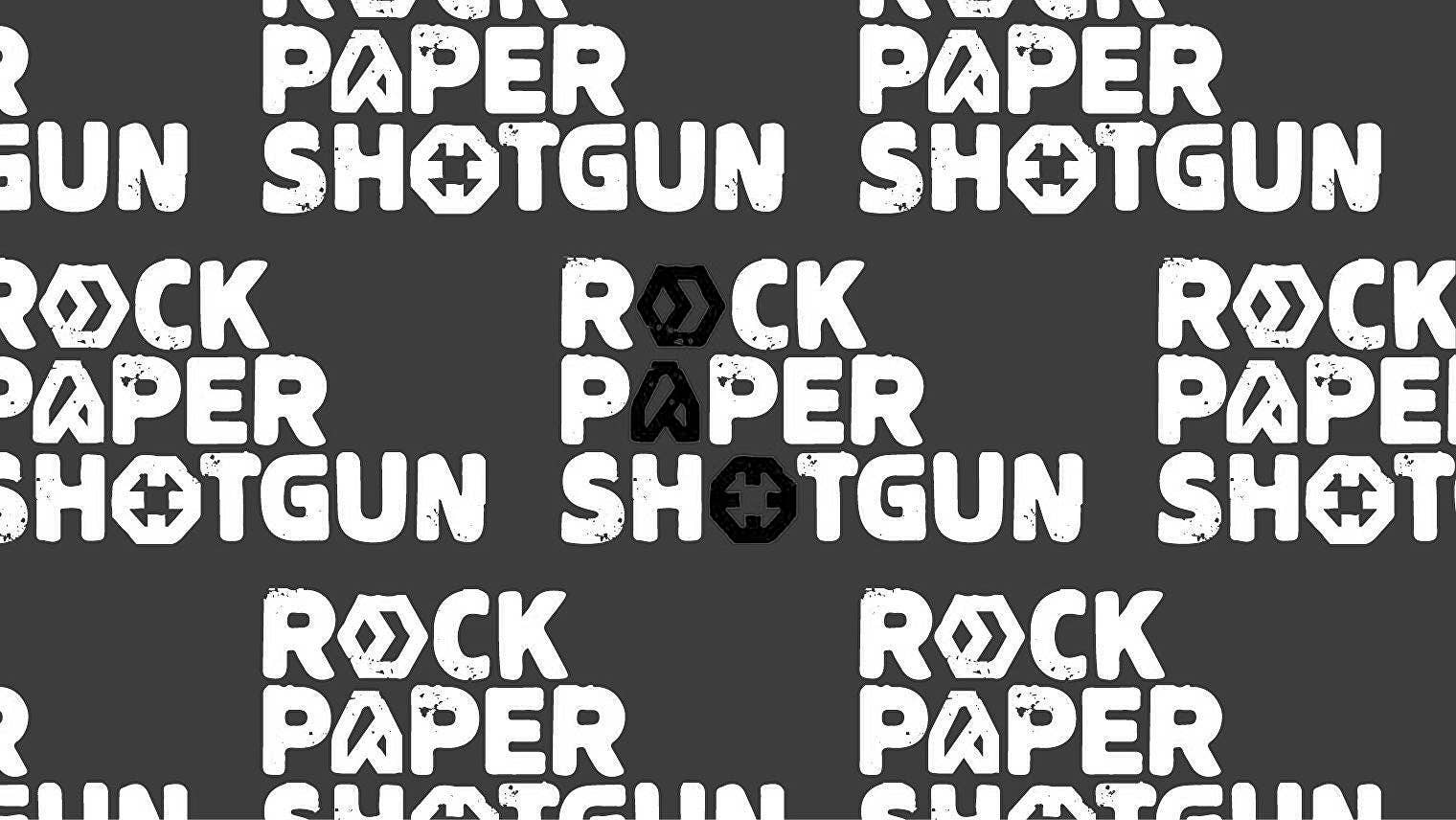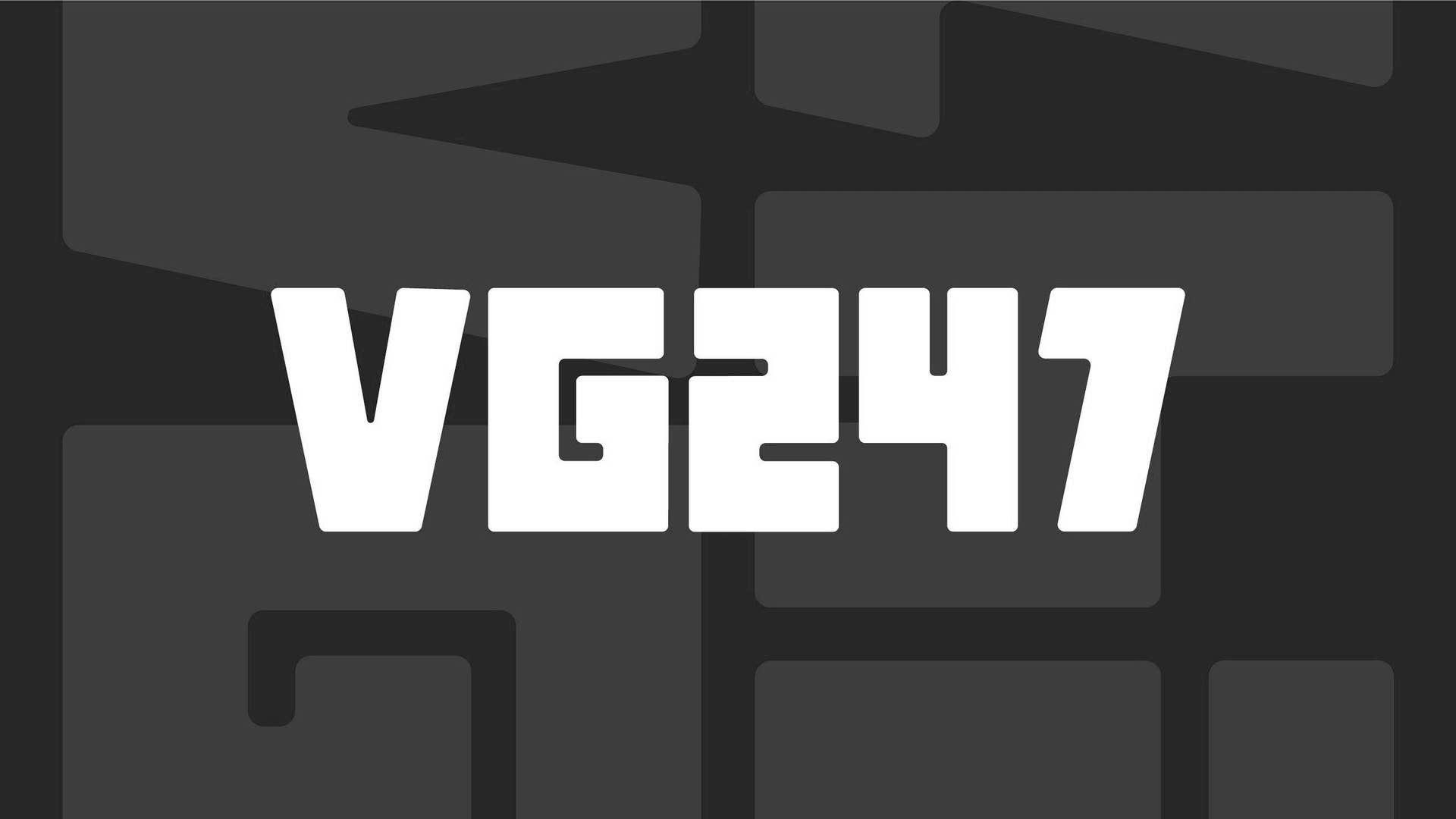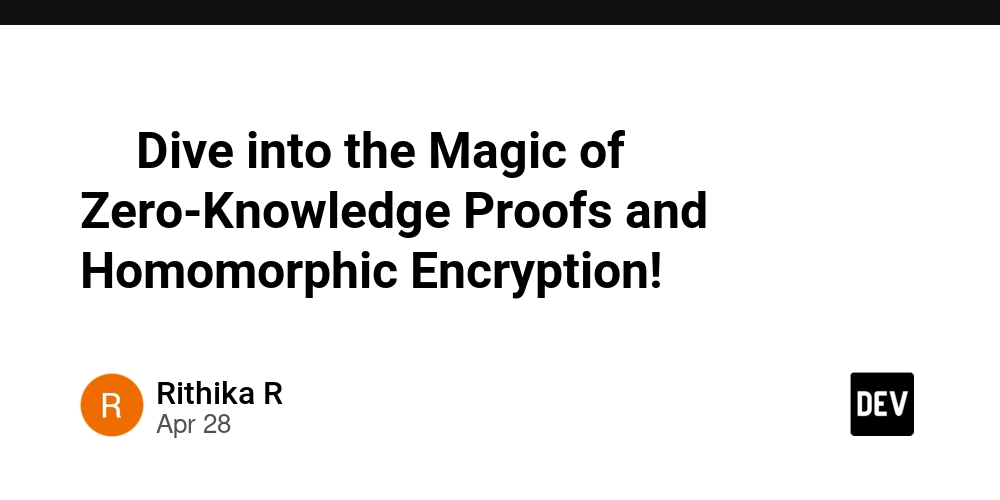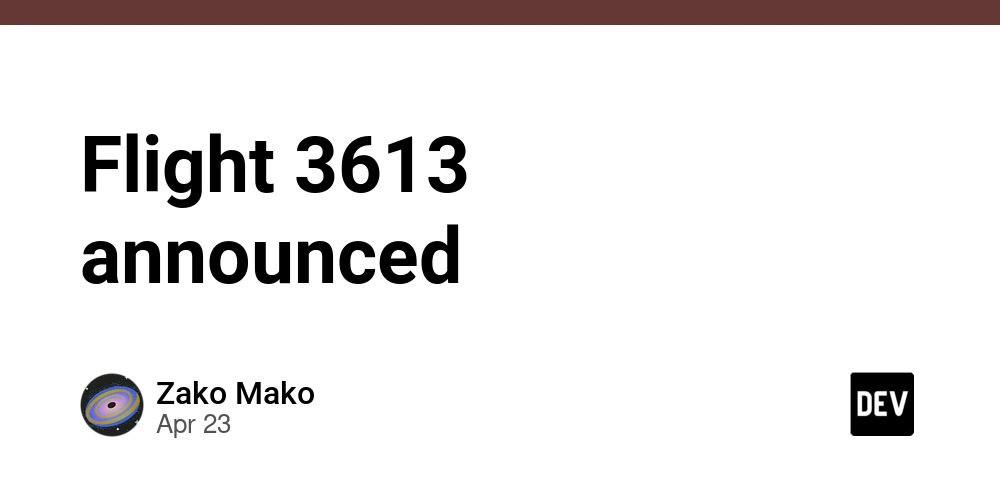I Never Planned on Becoming a Google Developer Expert
But the Path Is Starting to Make Sense Becoming a Google Developer Expert (GDE) was never on my radar — at least not in the beginning. I didn’t start contributing to the community with a title or badge in mind. I was just building things, breaking things, and sharing whatever I learned along the way. That’s still the core of what I do, but now I’ve realized something important: the things I’m already doing, and the things I want to do more intentionally, are exactly the steps that lead toward becoming a GDE. I’m not a GDE yet. But I’ve taken the time to understand what the program is really about, and what kind of contributions it values. So if you’re like me — someone who’s active in the community and curious about leveling up — here’s what I’ve learned so far about how to get on the path. Share What You Know — Consistently and Publicly One of the biggest realizations I had was this: you don’t need to know everything, but you do need to share what you do know. That can take a lot of forms: Writing blog posts or tutorials Making YouTube videos or live streams Posting technical threads on X (Twitter) or LinkedIn Creating code samples or open-source libraries The key isn’t perfection — it’s consistency and authenticity. People want to hear how you solved something, even if you’re not the “official” expert on it. I’ve started putting more time into documenting what I learn and pushing it out publicly. Even short posts or small demos can go a long way. Contribute to Open Source (Even in Small Ways) Contributing to open source isn’t just about building massive libraries. It could be fixing a bug, improving documentation, creating example apps, or reviewing pull requests. It shows that you’re engaged with the community and care about making tools better for everyone. I’ve made it a point to pick projects I actually use and contribute wherever I can — even if it’s just improving the README or opening helpful issues. Speak at Events — Online or Offline Public speaking used to scare the hell out of me. But it’s one of the most effective ways to share knowledge, especially when you can break down complex topics in a way that clicks for others. You don’t need to start with a massive conference. Local meetups, developer groups, and virtual events are all great starting points. I’ve been slowly getting more comfortable with this — giving talks, joining panels, or even doing short webinars or Q&As. Every session is a chance to grow and give back. Be Active in Developer Communities This can be as simple as answering questions on Stack Overflow, Reddit, or Discord servers. Or offering help in Slack groups, GitHub Discussions, or even in the YouTube comments under your favorite tech channels. When someone gets stuck, and you help unblock them — that’s real impact. It doesn’t have to be flashy to be meaningful. Focus on a Niche or Technology You Genuinely Love GDE’s are recognized for their expertise in a specific domain. Whether that’s Firebase, Android, Web, TensorFlow, Google Cloud, or something else — find what you’re excited about and go deep. For me, that’s [insert your tech focus here — e.g., Firebase or Web Performance]. I try to stay up to date, build real-world projects with it, and share what I learn. Not because I have to — because I genuinely enjoy it. Be Visible, But Stay Genuine This is where intention matters. Visibility helps — writing, speaking, building in public — but it only works when it’s rooted in real curiosity and a desire to help others. You can’t fake this stuff for long. And frankly, you don’t need to. If you’re solving real problems and being open about your journey, the right people will notice. That’s how most GDE’s I’ve talked to got discovered — someone noticed their consistent work and nominated them. You Need to Be Nominated — So Build Relationships You can’t just apply to be a GDE — someone in the program (or at Google) has to nominate you. That’s why it helps to engage with existing GDE’s, Google Developer Groups (GDGs), or Googlers themselves. But don’t network just to “get in.” Build genuine connections. Learn from others, ask questions, collaborate, show up. I’ve found that just being part of the ecosystem naturally opens these doors over time. Where I’m At Now I’m still on this journey. I’m putting more effort into sharing what I know, being involved in the community, and leveling up my public contributions. Not for the title — but because I know the process itself will make me a better developer, speaker, teacher, and teammate. If the GDE nomination comes one day, great. If not, I’ll still be doing the work that matters to me — and that’s what really counts. If you’re thinking about aiming for GDE too, my advice is simple: start contributing in the way that feels most natural to you. Build, share, teach, connect. Keep showing up. That’s the real path — and it starts right w
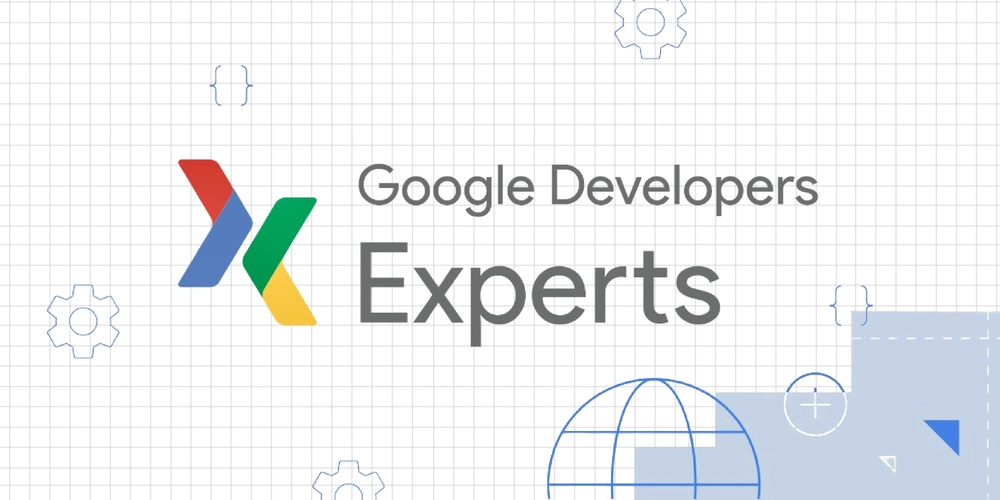
But the Path Is Starting to Make Sense
Becoming a Google Developer Expert (GDE) was never on my radar — at least not in the beginning. I didn’t start contributing to the community with a title or badge in mind. I was just building things, breaking things, and sharing whatever I learned along the way. That’s still the core of what I do, but now I’ve realized something important: the things I’m already doing, and the things I want to do more intentionally, are exactly the steps that lead toward becoming a GDE.
I’m not a GDE yet. But I’ve taken the time to understand what the program is really about, and what kind of contributions it values. So if you’re like me — someone who’s active in the community and curious about leveling up — here’s what I’ve learned so far about how to get on the path.
Share What You Know — Consistently and Publicly
One of the biggest realizations I had was this: you don’t need to know everything, but you do need to share what you do know.
That can take a lot of forms:
- Writing blog posts or tutorials
- Making YouTube videos or live streams
- Posting technical threads on X (Twitter) or LinkedIn
- Creating code samples or open-source libraries
The key isn’t perfection — it’s consistency and authenticity. People want to hear how you solved something, even if you’re not the “official” expert on it. I’ve started putting more time into documenting what I learn and pushing it out publicly. Even short posts or small demos can go a long way.
Contribute to Open Source (Even in Small Ways)
Contributing to open source isn’t just about building massive libraries. It could be fixing a bug, improving documentation, creating example apps, or reviewing pull requests.
It shows that you’re engaged with the community and care about making tools better for everyone. I’ve made it a point to pick projects I actually use and contribute wherever I can — even if it’s just improving the README or opening helpful issues.
Speak at Events — Online or Offline
Public speaking used to scare the hell out of me. But it’s one of the most effective ways to share knowledge, especially when you can break down complex topics in a way that clicks for others.
You don’t need to start with a massive conference. Local meetups, developer groups, and virtual events are all great starting points. I’ve been slowly getting more comfortable with this — giving talks, joining panels, or even doing short webinars or Q&As. Every session is a chance to grow and give back.
Be Active in Developer Communities
This can be as simple as answering questions on Stack Overflow, Reddit, or Discord servers. Or offering help in Slack groups, GitHub Discussions, or even in the YouTube comments under your favorite tech channels.
When someone gets stuck, and you help unblock them — that’s real impact. It doesn’t have to be flashy to be meaningful.
Focus on a Niche or Technology You Genuinely Love
GDE’s are recognized for their expertise in a specific domain. Whether that’s Firebase, Android, Web, TensorFlow, Google Cloud, or something else — find what you’re excited about and go deep.
For me, that’s [insert your tech focus here — e.g., Firebase or Web Performance]. I try to stay up to date, build real-world projects with it, and share what I learn. Not because I have to — because I genuinely enjoy it.
Be Visible, But Stay Genuine
This is where intention matters. Visibility helps — writing, speaking, building in public — but it only works when it’s rooted in real curiosity and a desire to help others.
You can’t fake this stuff for long. And frankly, you don’t need to. If you’re solving real problems and being open about your journey, the right people will notice. That’s how most GDE’s I’ve talked to got discovered — someone noticed their consistent work and nominated them.
You Need to Be Nominated — So Build Relationships
You can’t just apply to be a GDE — someone in the program (or at Google) has to nominate you. That’s why it helps to engage with existing GDE’s, Google Developer Groups (GDGs), or Googlers themselves.
But don’t network just to “get in.” Build genuine connections. Learn from others, ask questions, collaborate, show up. I’ve found that just being part of the ecosystem naturally opens these doors over time.
Where I’m At Now
I’m still on this journey. I’m putting more effort into sharing what I know, being involved in the community, and leveling up my public contributions. Not for the title — but because I know the process itself will make me a better developer, speaker, teacher, and teammate.
If the GDE nomination comes one day, great. If not, I’ll still be doing the work that matters to me — and that’s what really counts.
If you’re thinking about aiming for GDE too, my advice is simple: start contributing in the way that feels most natural to you. Build, share, teach, connect. Keep showing up. That’s the real path — and it starts right where you are.














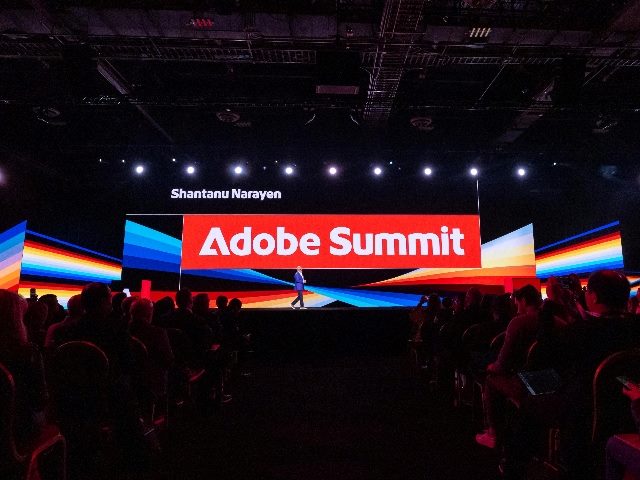






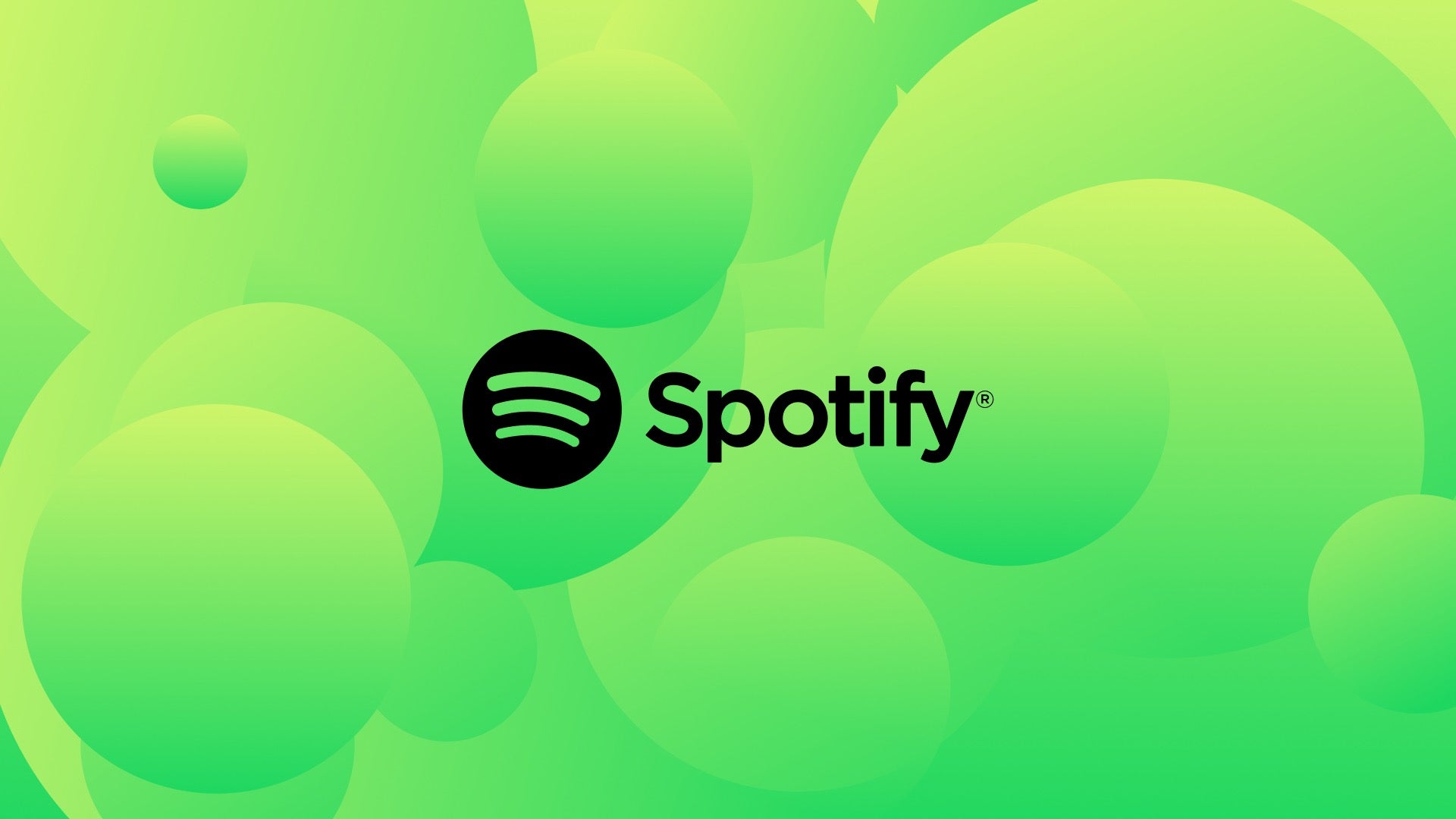
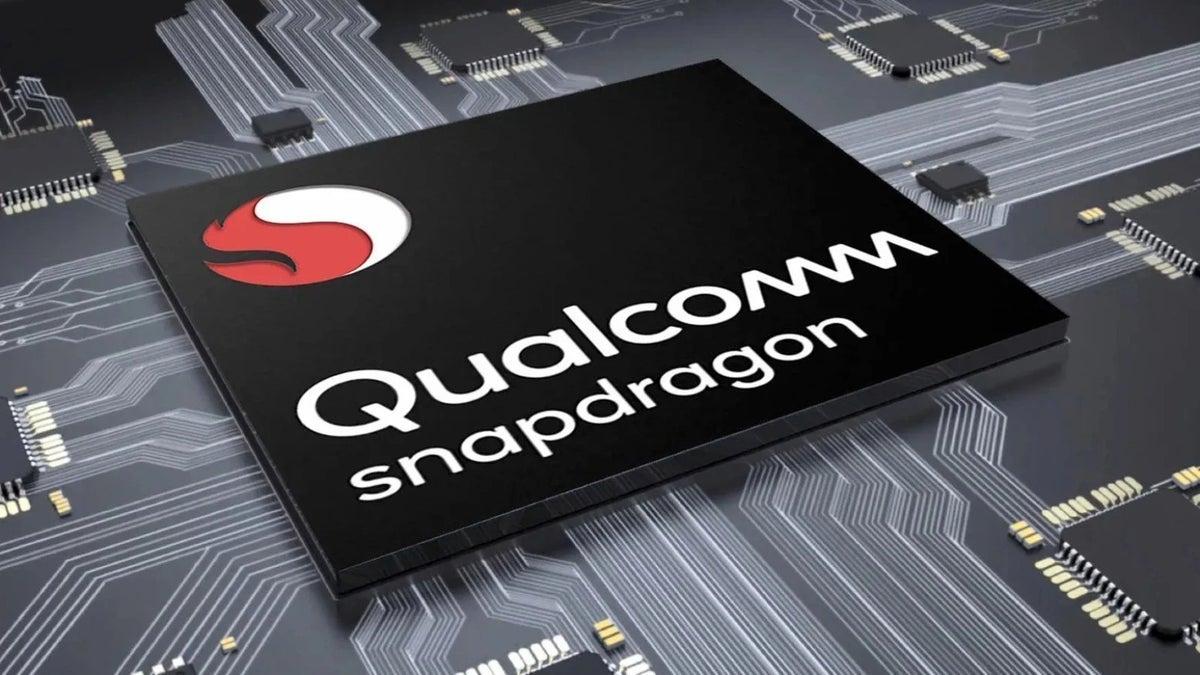
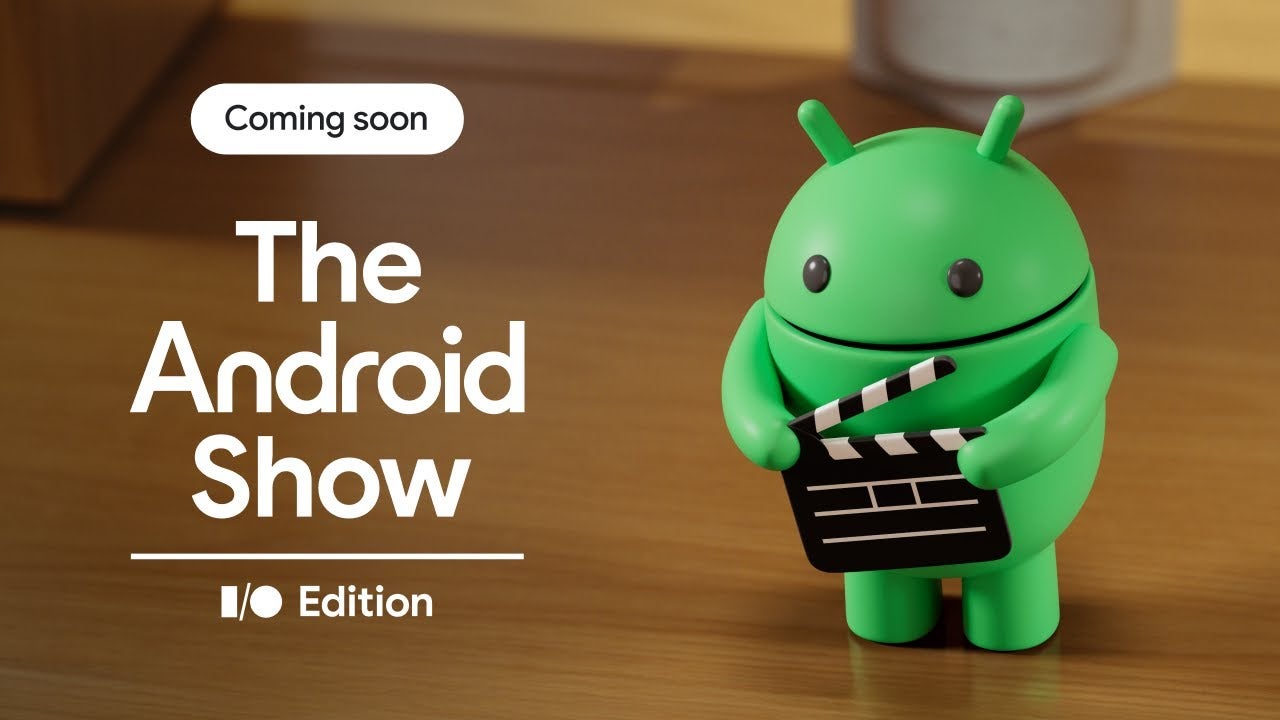
























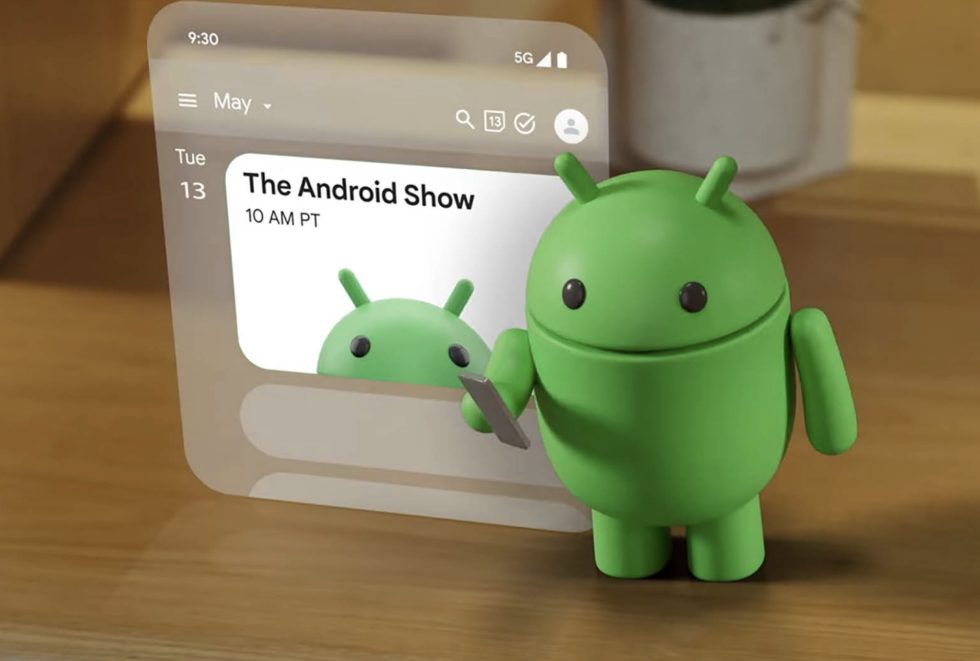

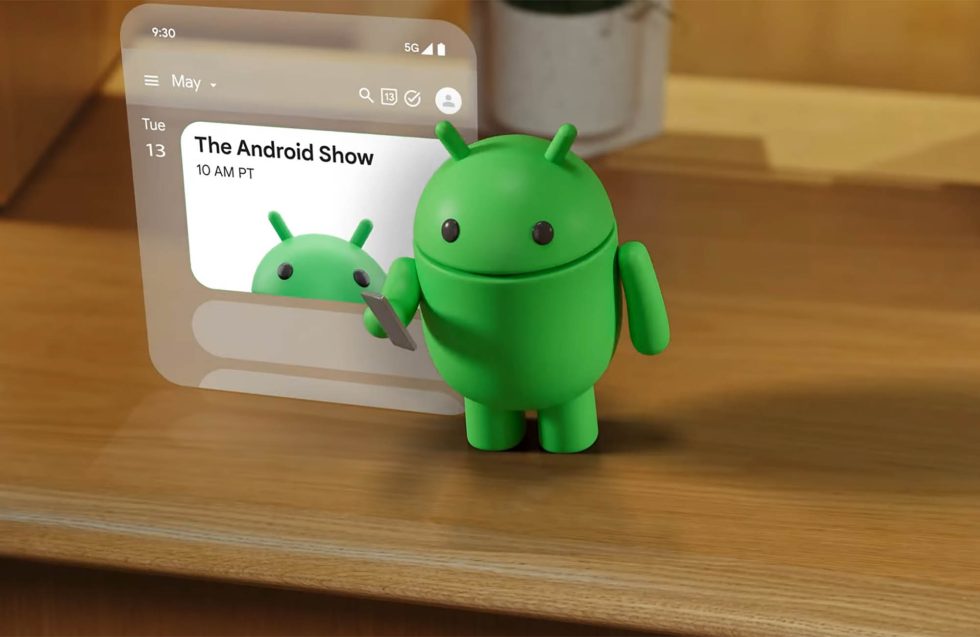
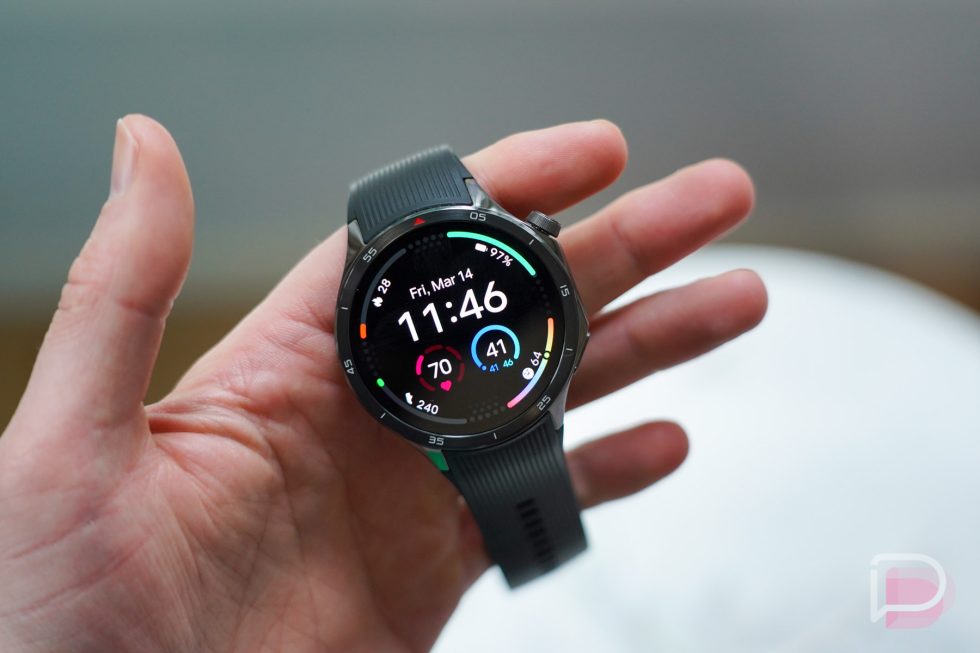

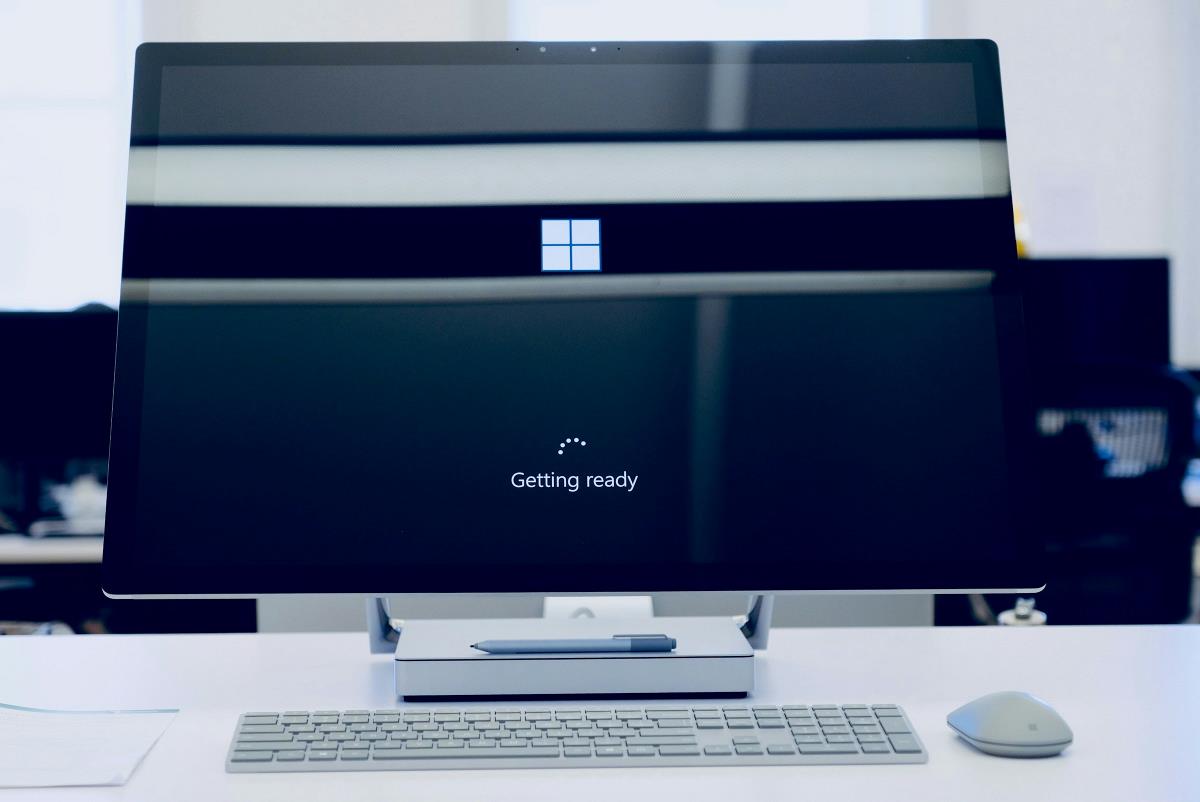
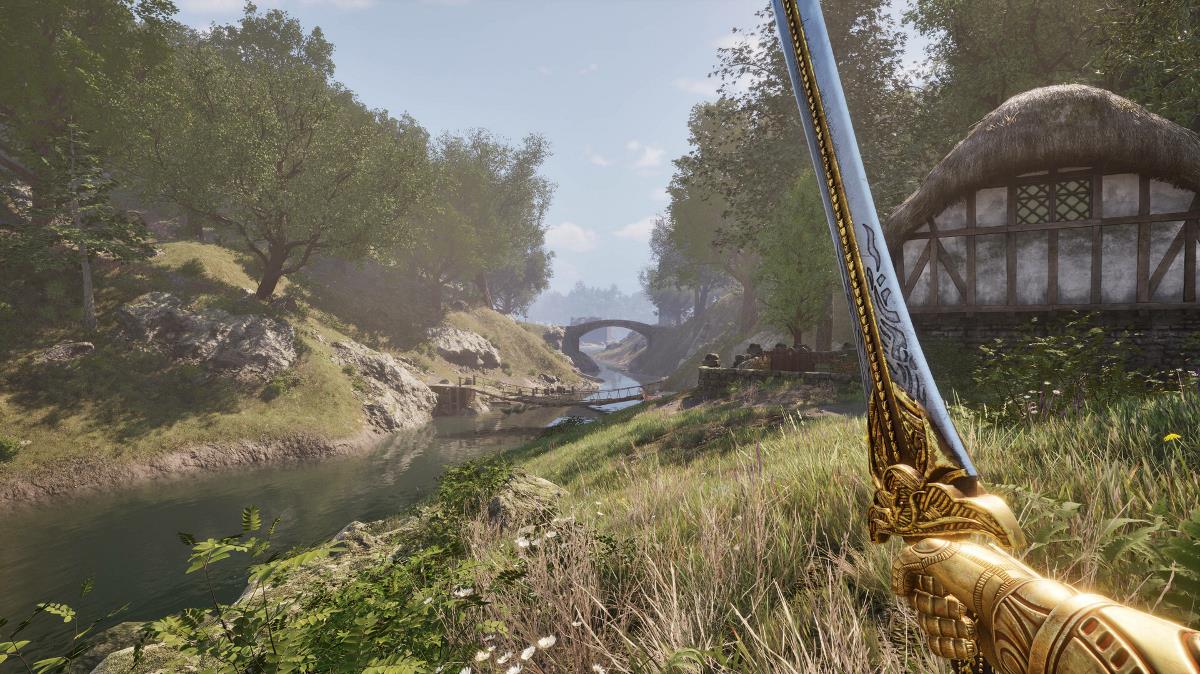
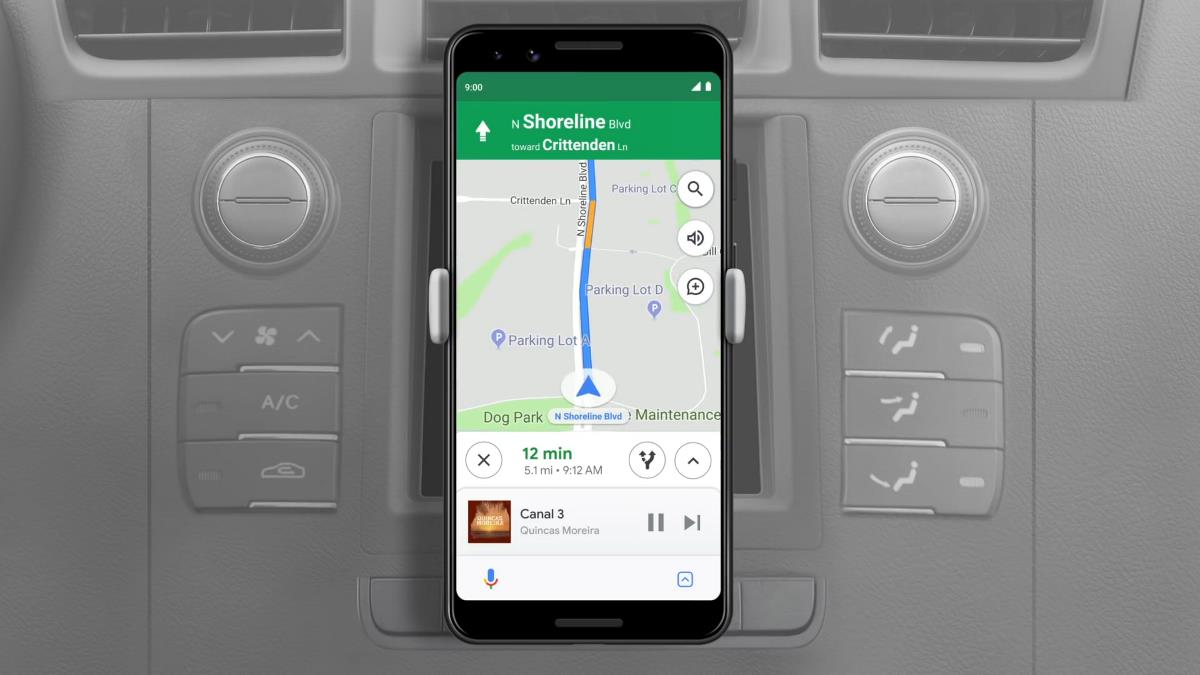

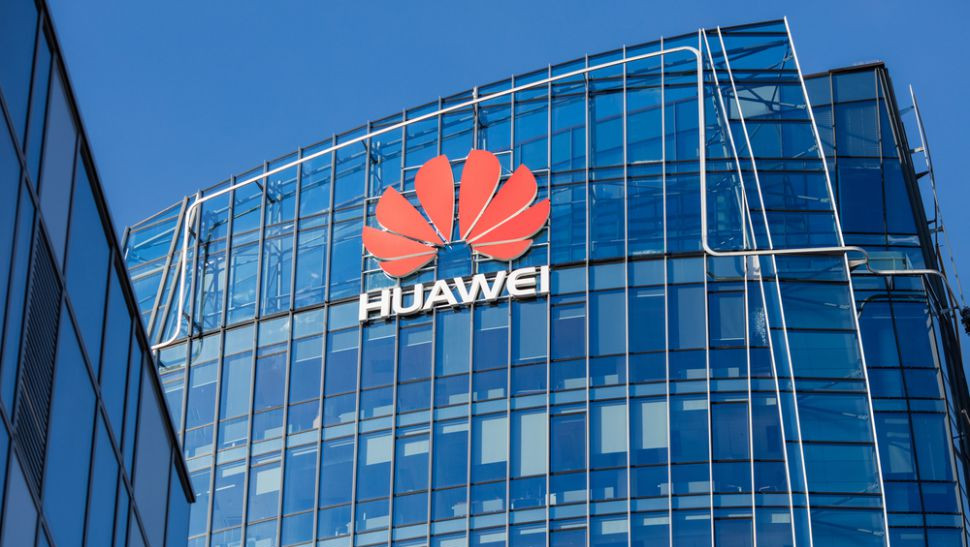

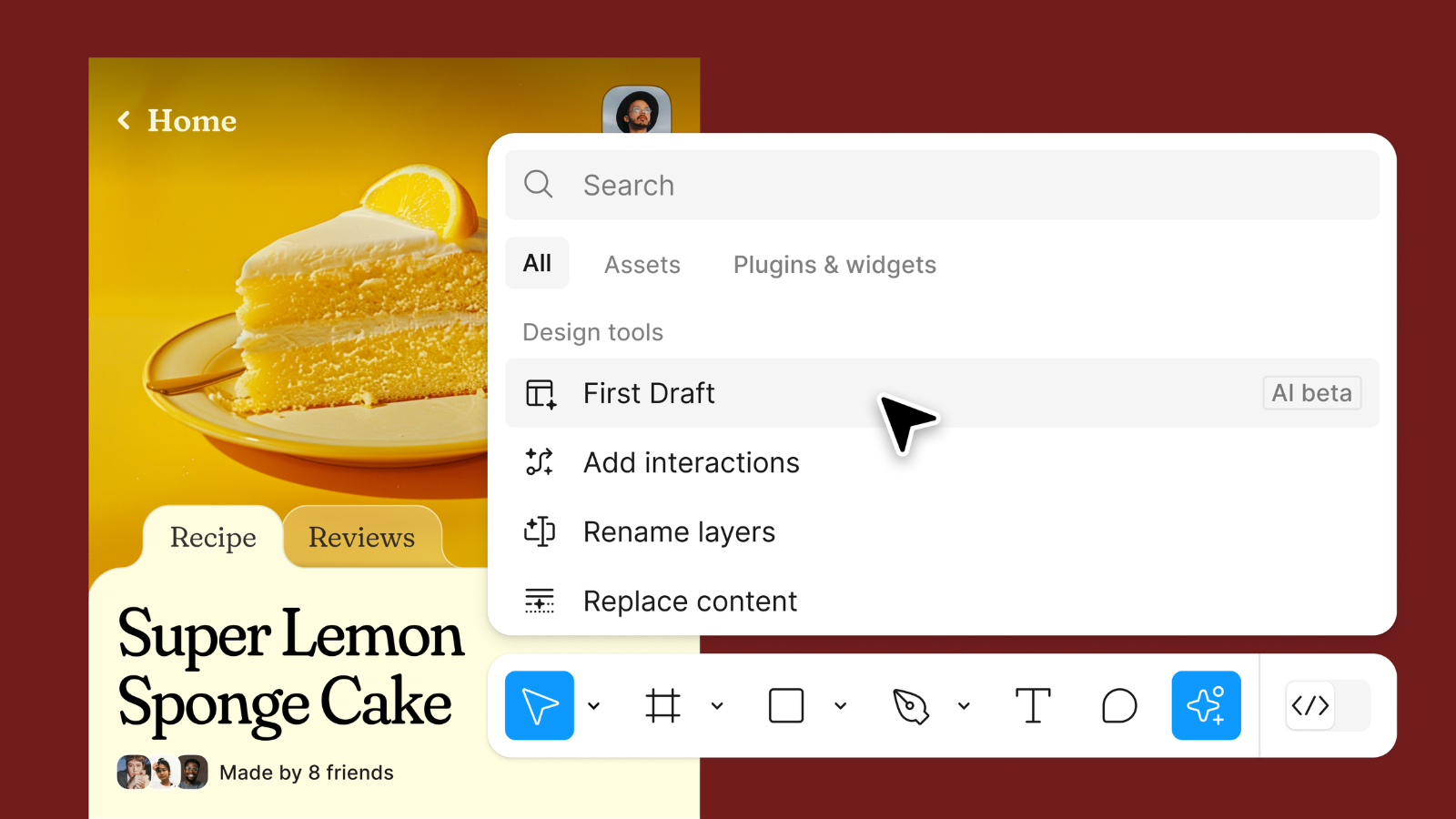
















![Apple Seeds watchOS 11.5 Beta 4 to Developers [Download]](https://www.iclarified.com/images/news/97147/97147/97147-640.jpg)
![Apple Seeds visionOS 2.5 Beta 4 to Developers [Download]](https://www.iclarified.com/images/news/97150/97150/97150-640.jpg)
![Apple Seeds tvOS 18.5 Beta 4 to Developers [Download]](https://www.iclarified.com/images/news/97153/97153/97153-640.jpg)
![Apple Releases macOS Sequoia 15.5 Beta 4 to Developers [Download]](https://www.iclarified.com/images/news/97155/97155/97155-640.jpg)

















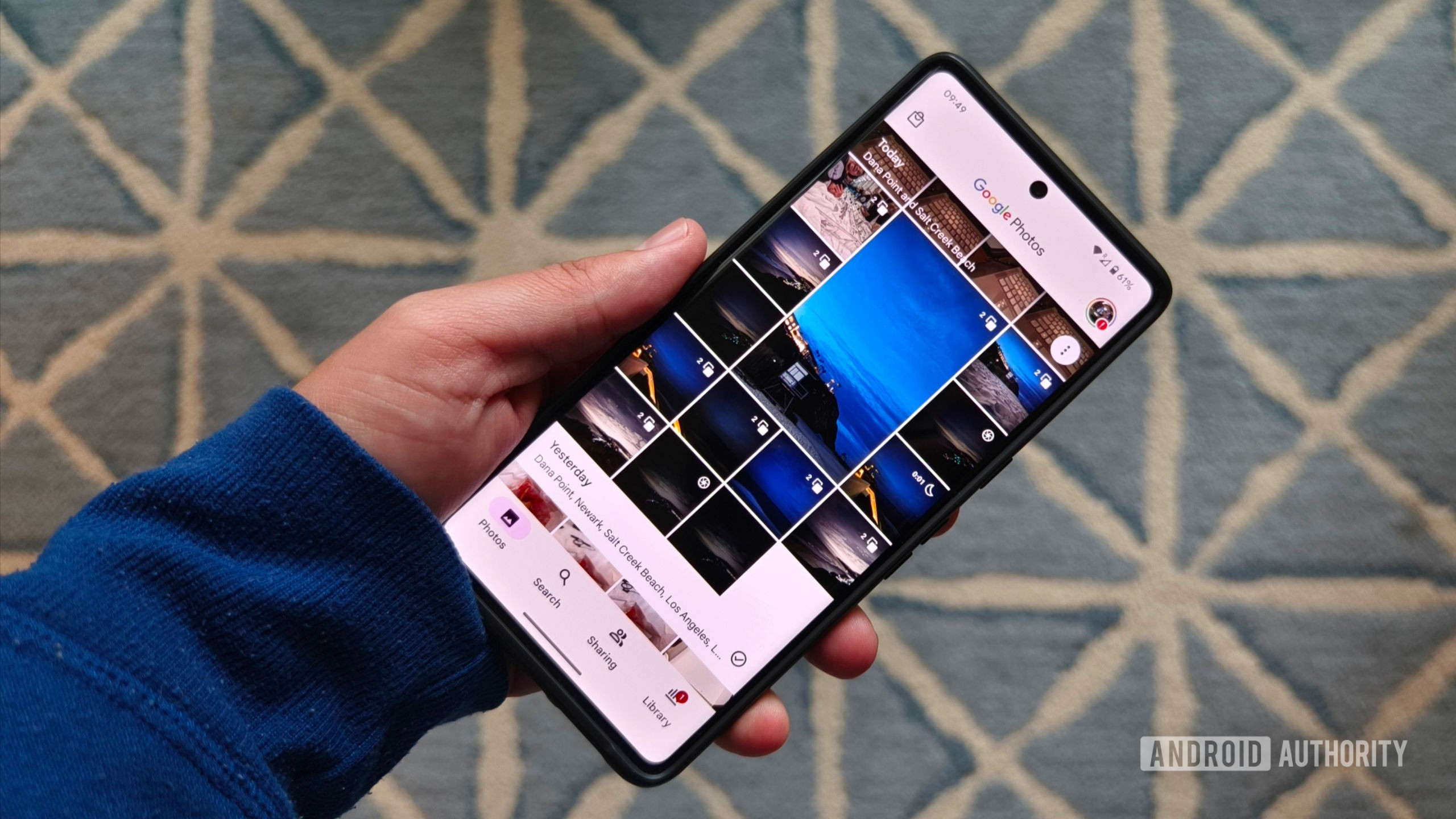
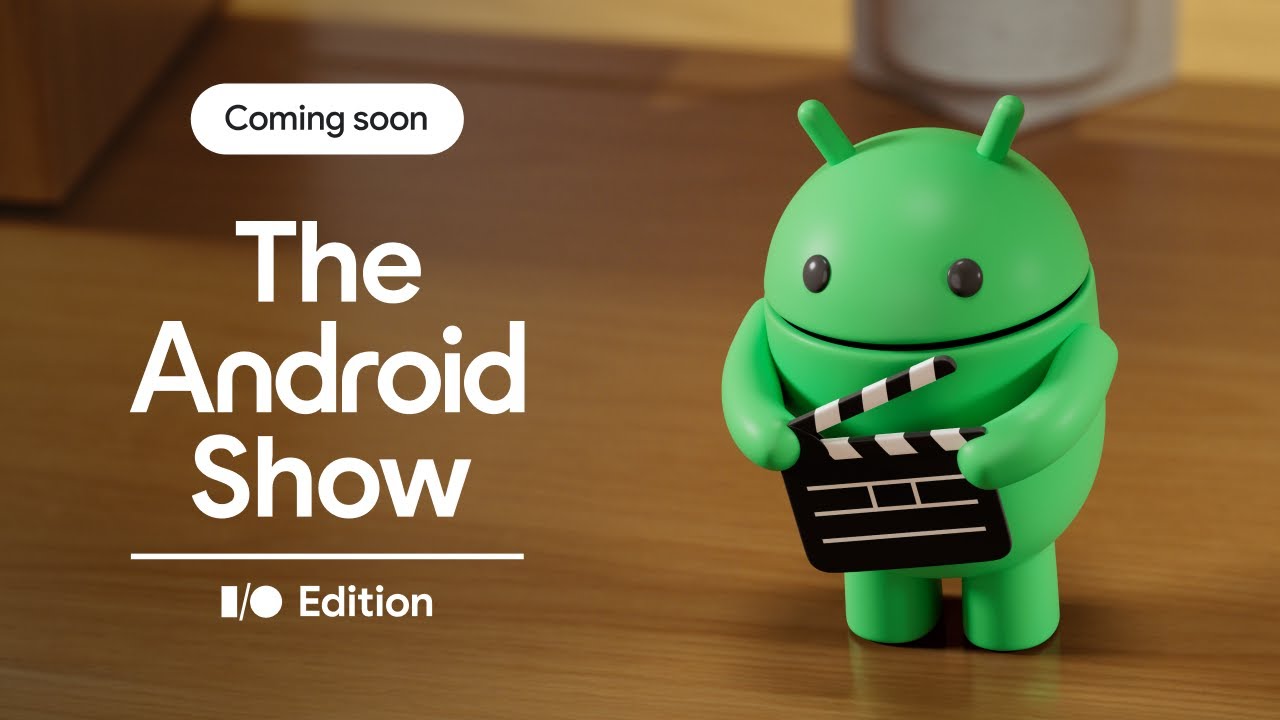
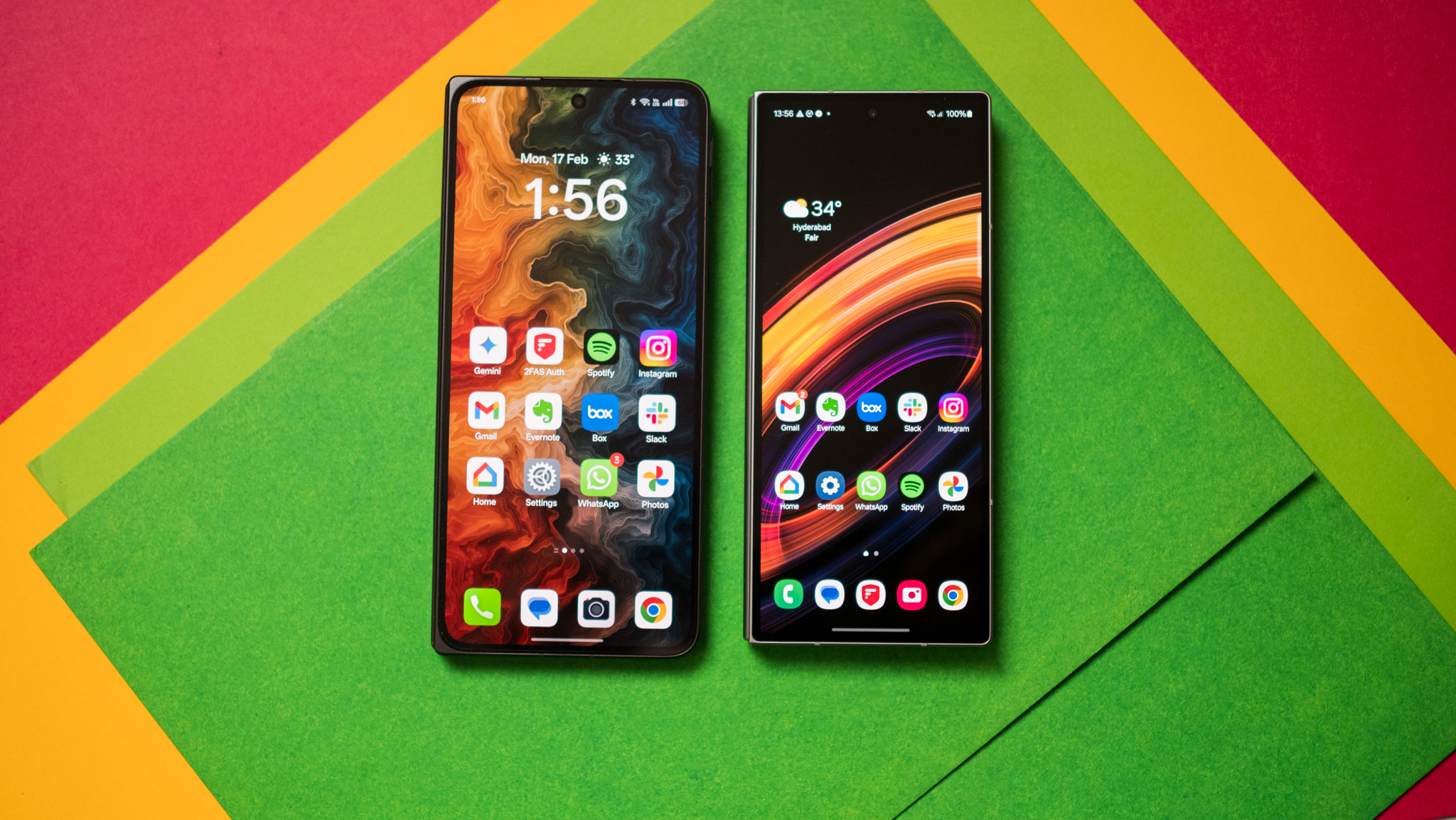
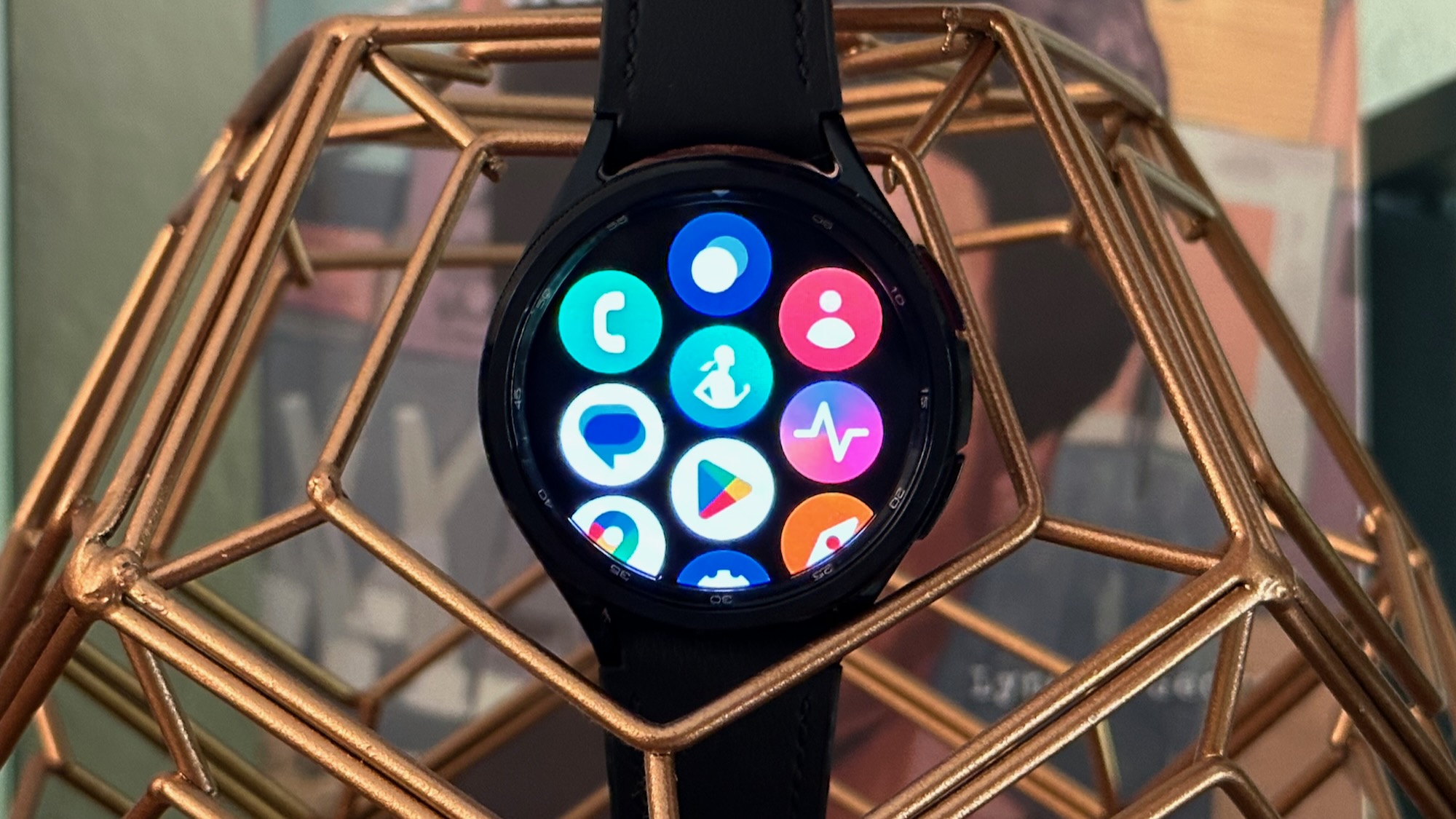

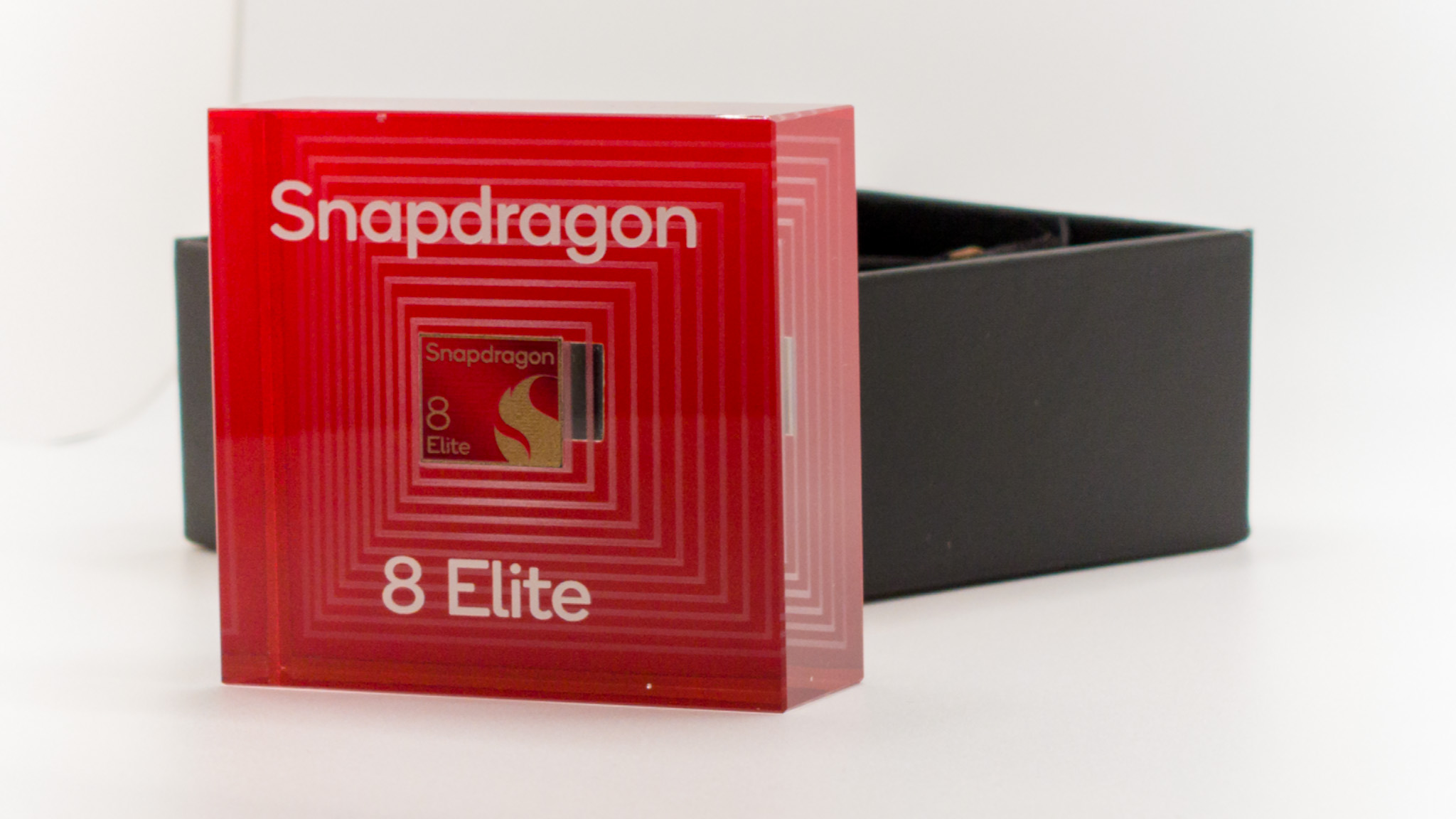



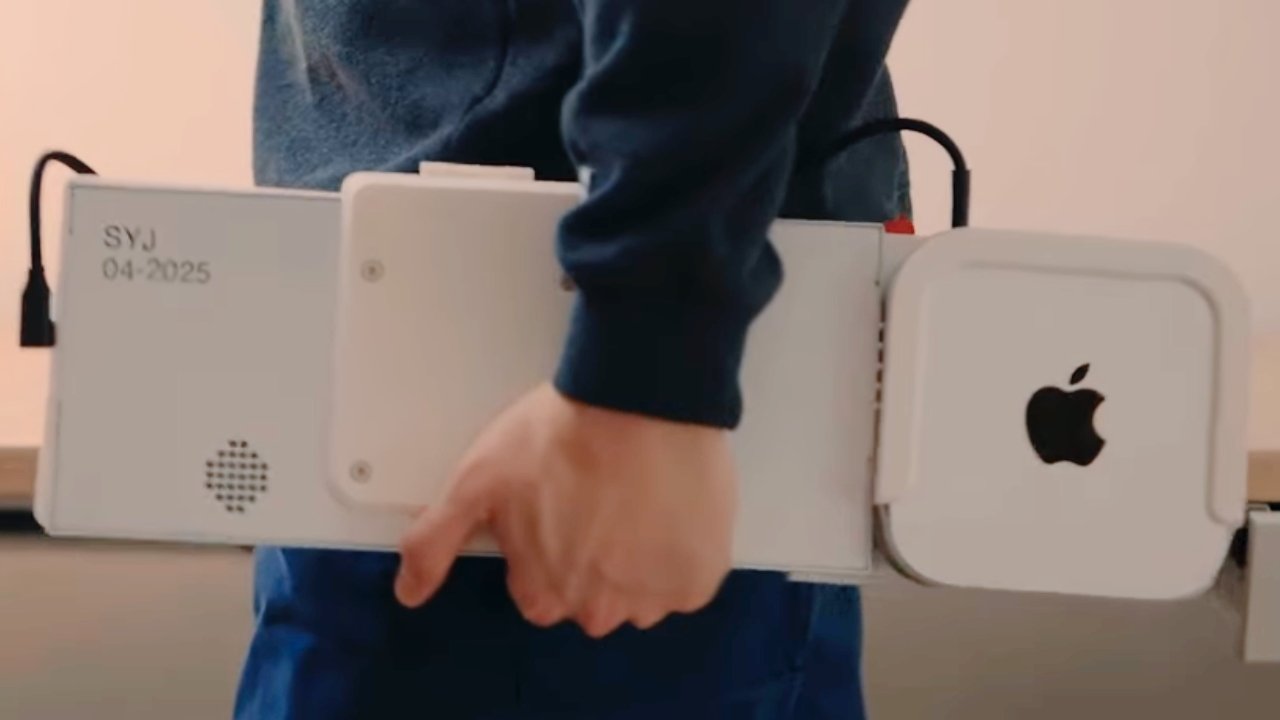
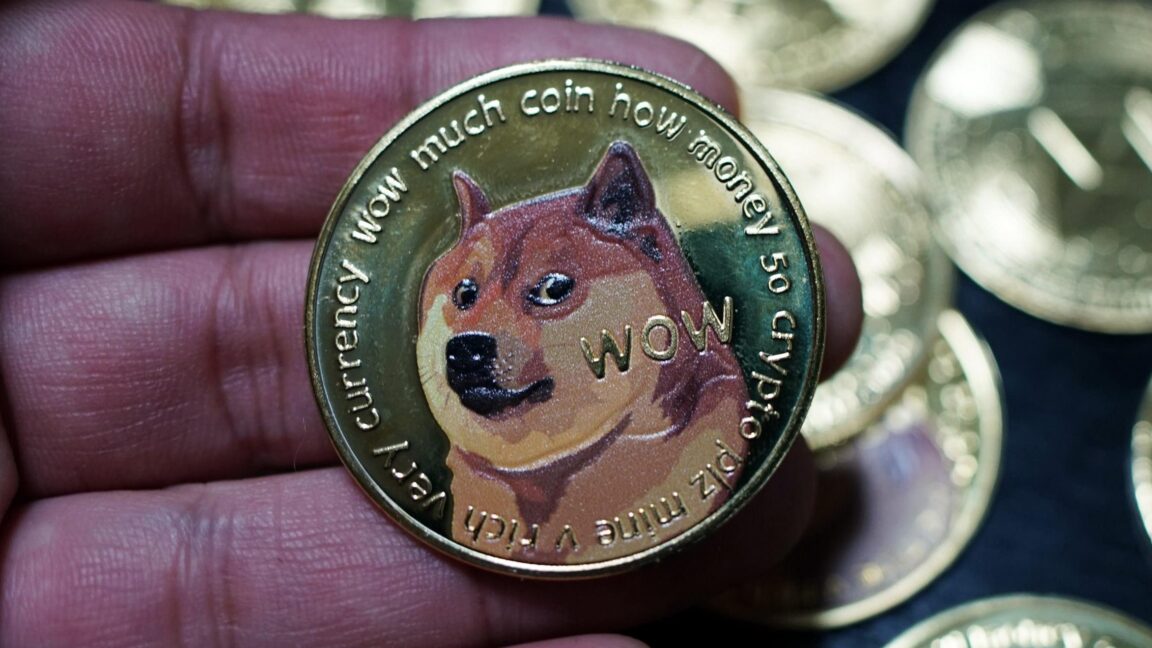




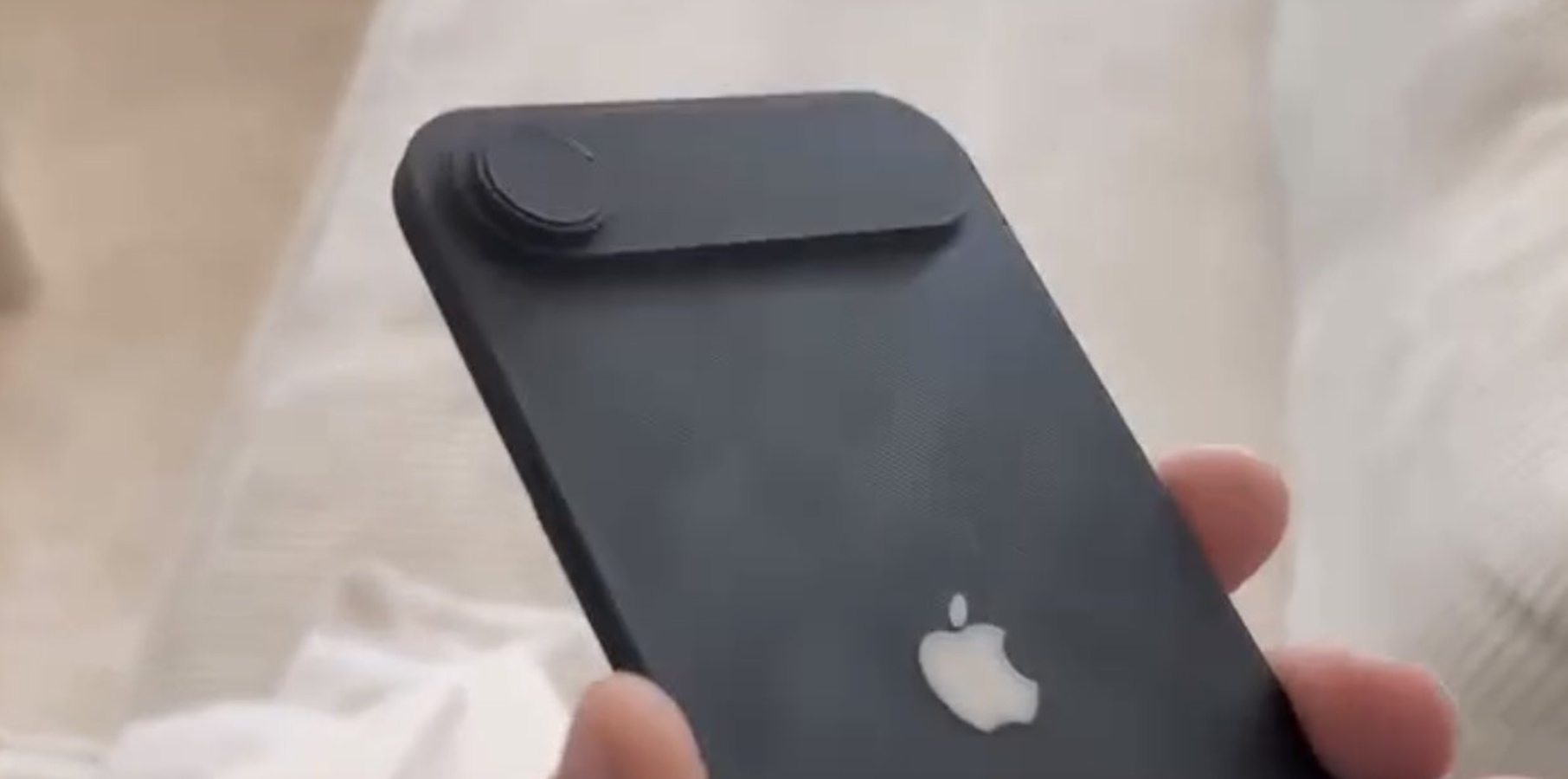

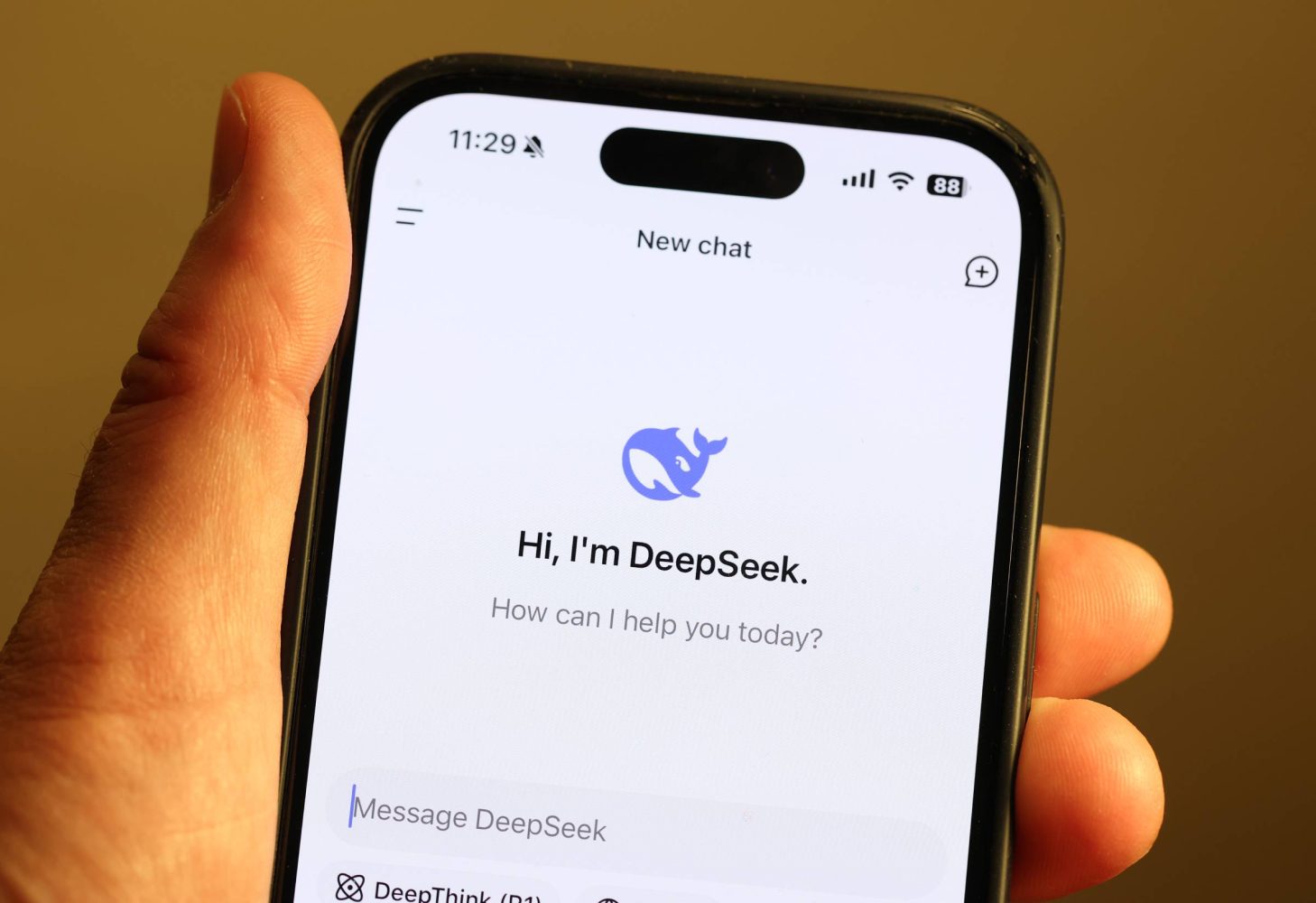
















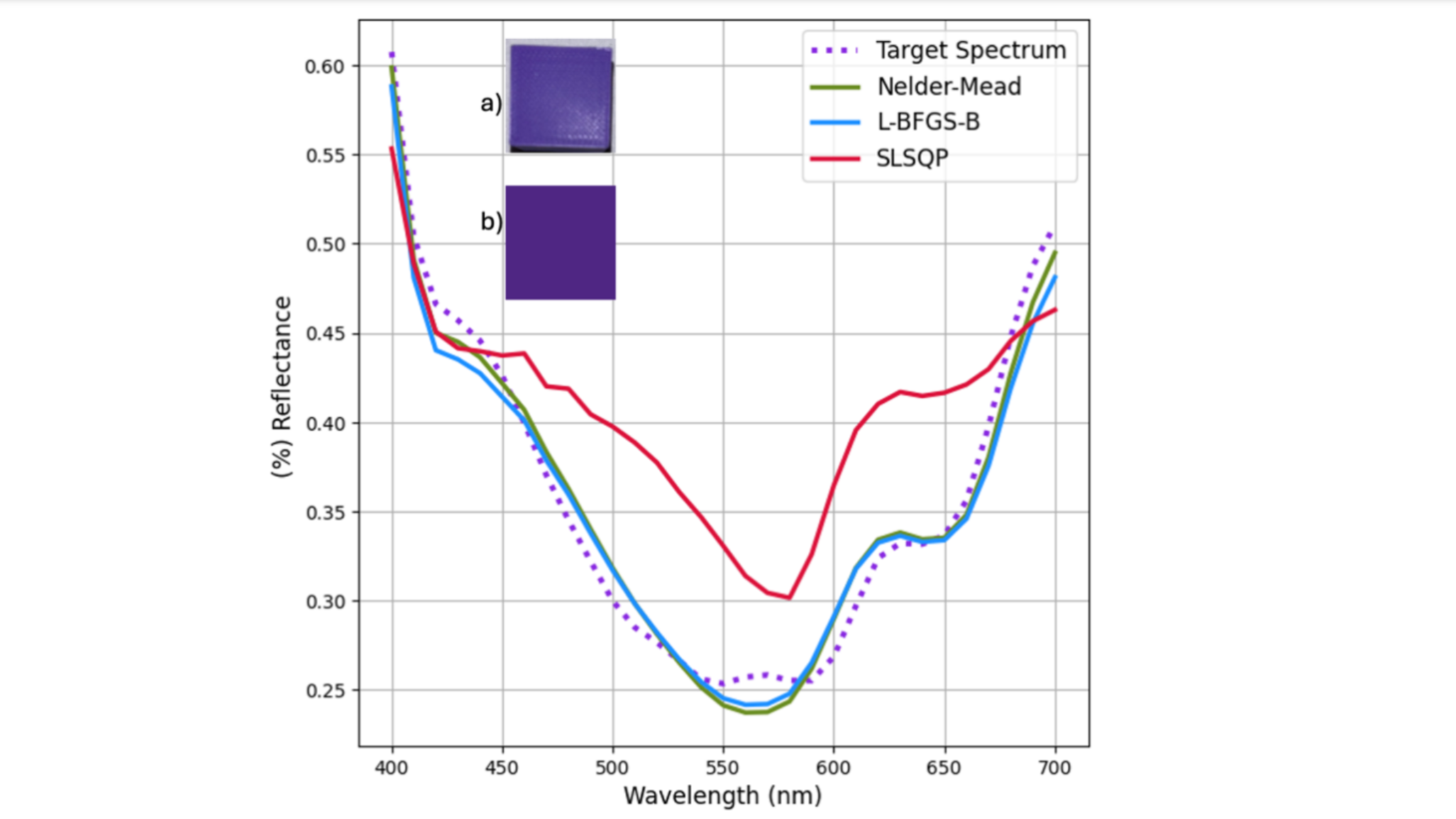
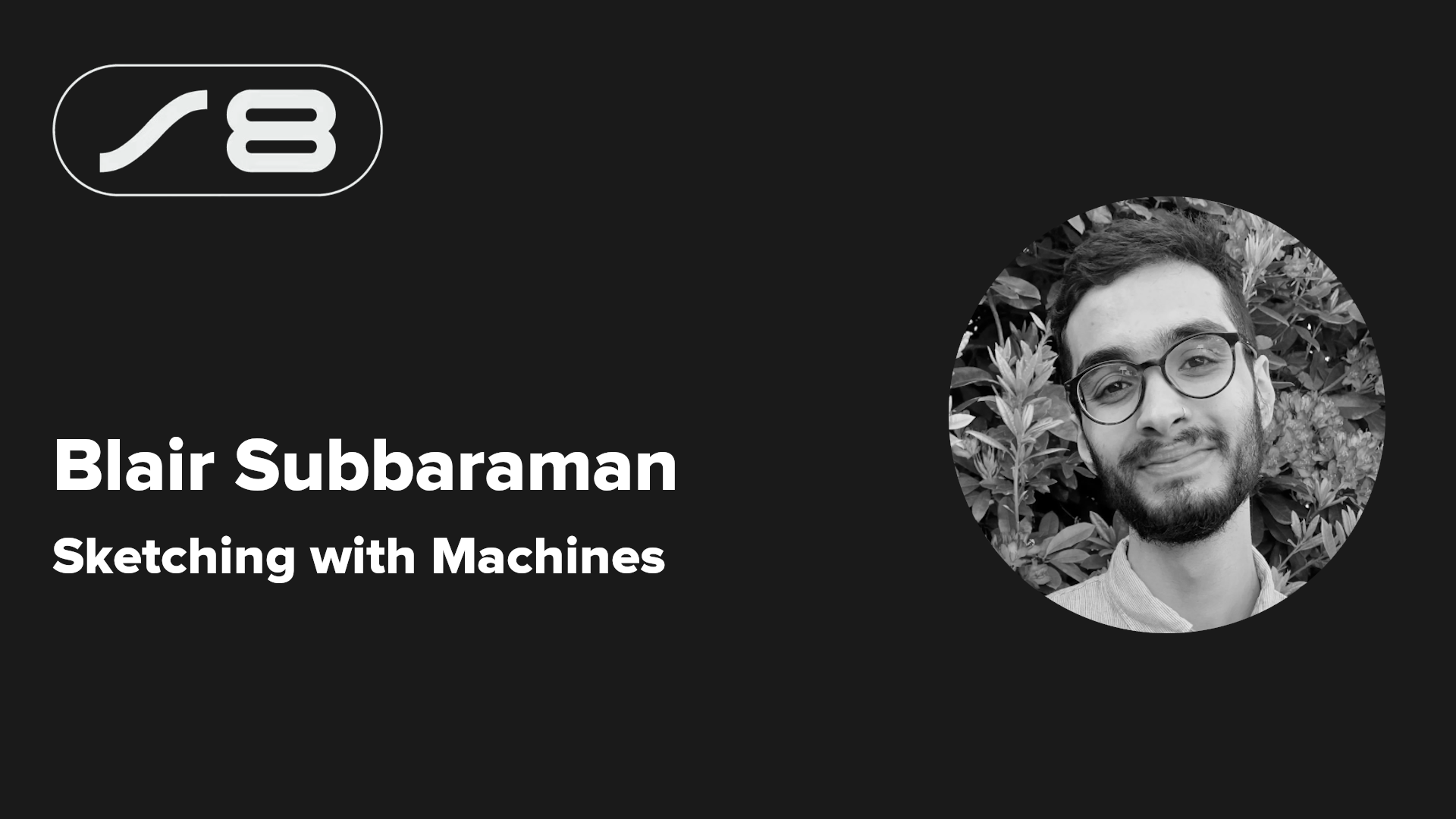


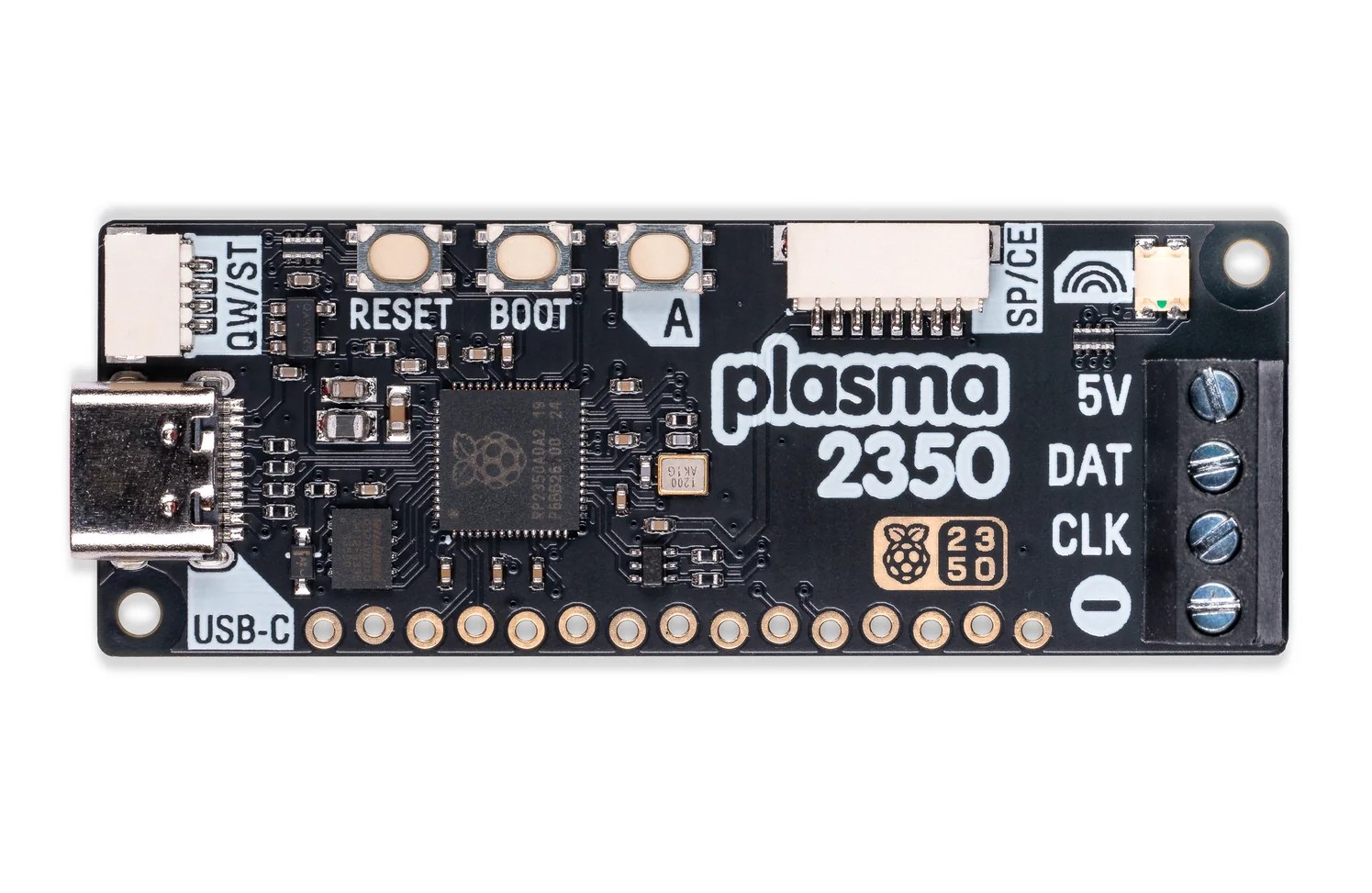













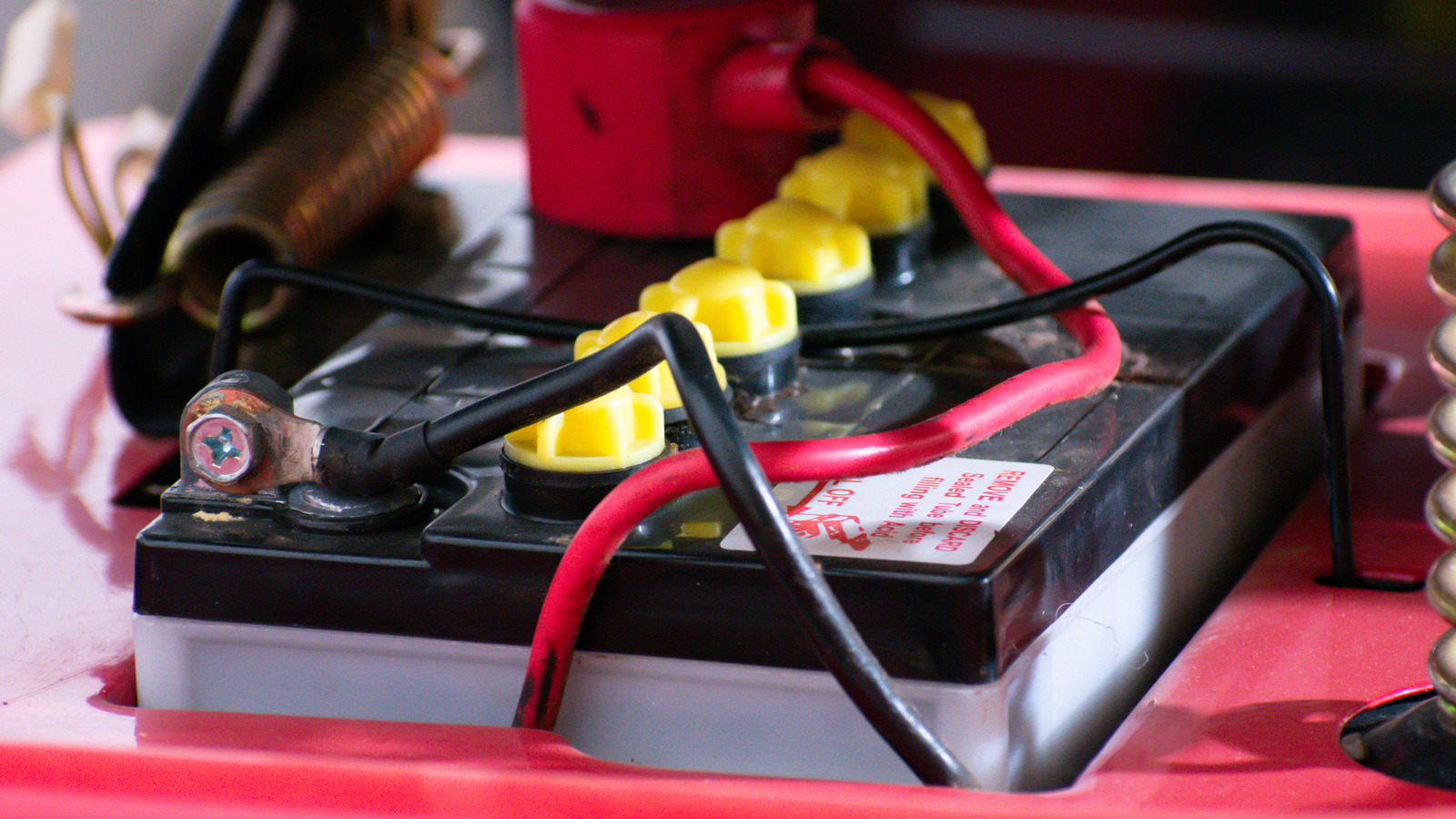


































_NicoElNino_Alamy.jpg?width=1280&auto=webp&quality=80&disable=upscale#)
_Muhammad_R._Fakhrurrozi_Alamy.jpg?width=1280&auto=webp&quality=80&disable=upscale#)


























































































































![[The AI Show Episode 144]: ChatGPT’s New Memory, Shopify CEO’s Leaked “AI First” Memo, Google Cloud Next Releases, o3 and o4-mini Coming Soon & Llama 4’s Rocky Launch](https://www.marketingaiinstitute.com/hubfs/ep%20144%20cover.png)



















































































































